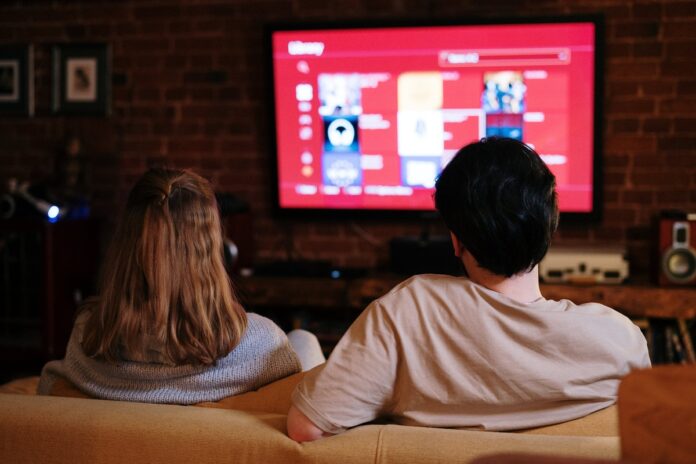Calling all reality TV enthusiasts! Brace yourselves for another riveting exploration into the captivating world of faux reality. If you found our initial expose on counterfeit reality shows intriguing, this sequel promises even more excitement. The allure of reality TV lies in the guilty pleasure it provides, offering viewers an adrenaline-fueled peek into the lives of others.
However, here’s the shocking revelation: what you see might not be real at all! Behind the scenes of some of the most beloved and trending reality shows, a clever concoction of staging, scripting, and editing takes place to deliver an unforgettable entertainment experience. Join us in unraveling the mystery in this article and discover the fascinating mechanics that make it all happen.
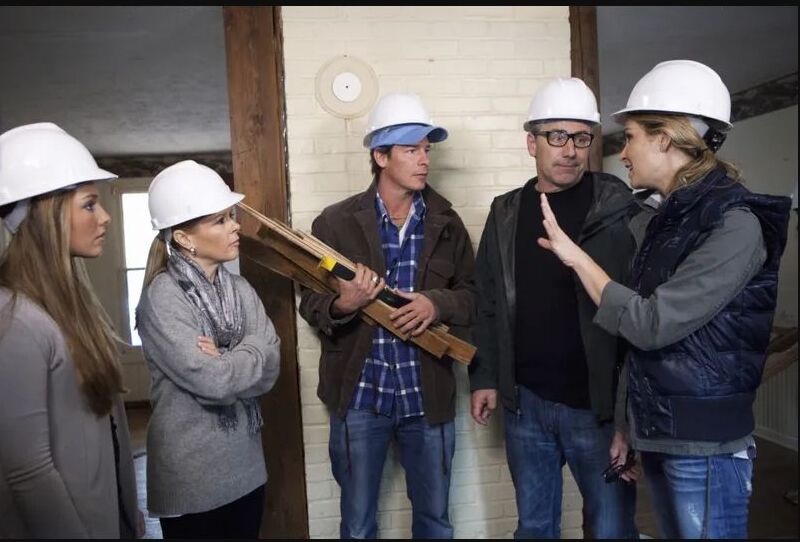
Extreme Makeover: Home Edition
Unveiling the Reality Behind the Revamp: ‘Extreme Makeover: Home Edition’ unfolds as promised, offering struggling families a brand-new abode in just a week. However, the hidden twist emerges post-makeover—the property value escalates, leading to burdensome property taxes. For families already financially strained, this unforeseen consequence forces many to part with their dream homes.
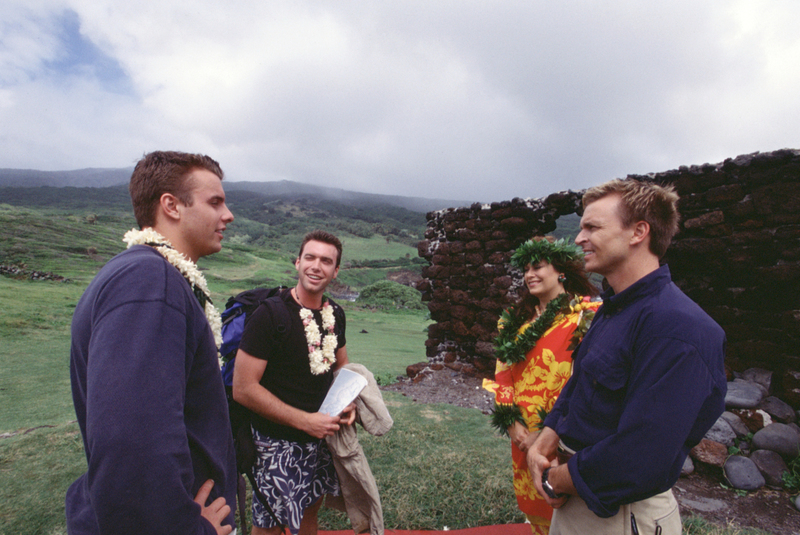
The Amazing Race
Embark on a Real Journey, But the Casting… not so Real: ‘The Amazing Race’ showcases diverse couples navigating global challenges for a genuine million-dollar prize. Yet, behind the scenes, the casting process favors financially secure contestants, potentially excluding those unable to afford the time away from work. It’s an unfair reality beneath the show’s adventurous facade.
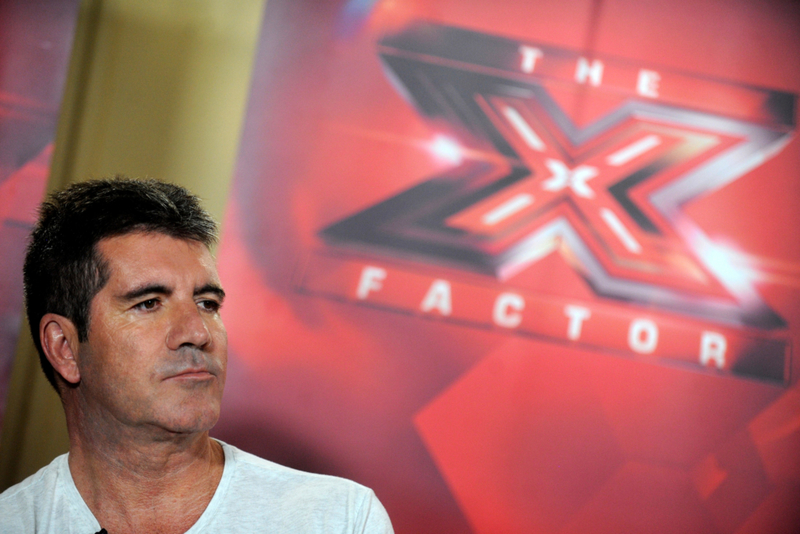
The X Factor
Unmasking the Audition Process: While the songs, singers, and audience are undoubtedly real on ‘The X Factor,’ the audition process holds a hidden secret. What you witness on TV is a curated display, with pre-screened contestants, including ‘filler’ candidates, adding an element of entertainment and supposed credibility. The elusive X factor? It seems it’s being pre-screened behind the scenes.
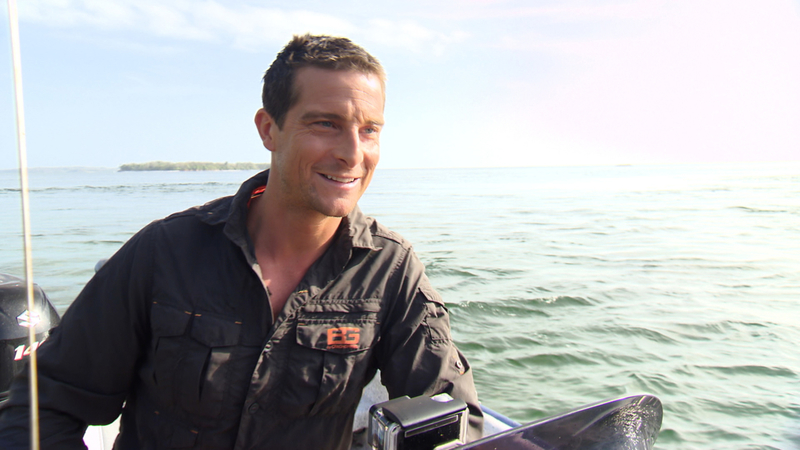
The Island
Survival or Staged: ‘The Island’ showcases men battling the elements on a deserted island, hosted by Bear Grylls. However, the reality is reshaped by the production, which ensures ample food and water by creating a freshwater pool and importing animals for hunting. Survival may be tough, but it’s a different story when the authenticity is, well, a bit manufactured.
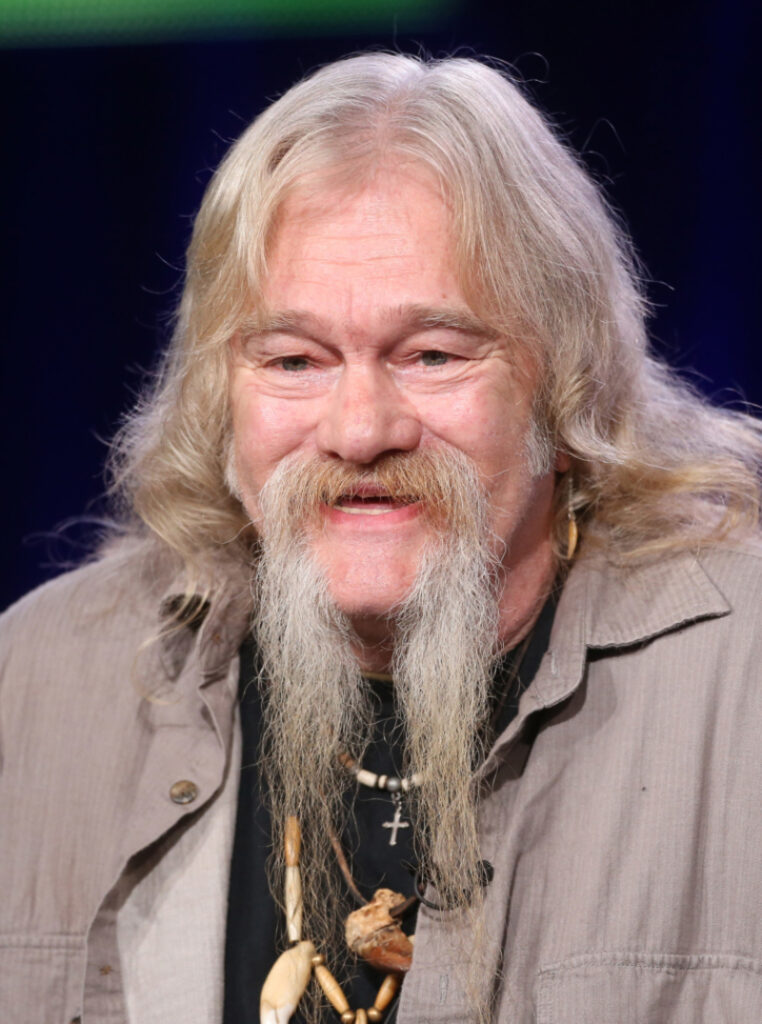
Alaskan Bush People
Bush Reality or Hollywood Fiction? ‘Alaskan Bush People’ follows the Browns, supposedly born and raised in the Alaskan wilderness. However, conflicting reports arise, suggesting the family once lived in a modern lodge and that their ‘Bush’ home was merely a set. The authenticity of the Browns’ Alaskan roots raises icy doubts.
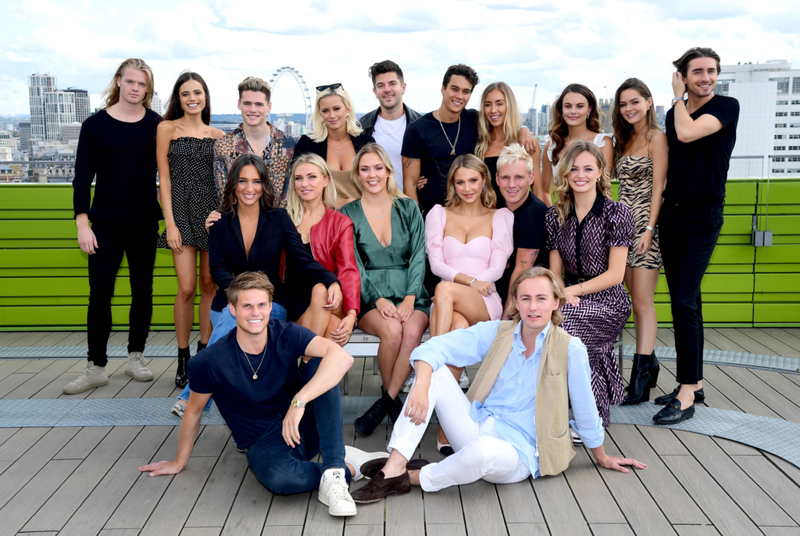
Made in Chelsea
London Drama Unveiled: ‘Made in Chelsea,’ not in New York, but still not real. Former participants spill the beans on scripted events and manufactured drama. Shockingly, they even filmed supposedly spontaneous dinners in the early morning, turning the drama up a notch—albeit on an empty stomach.

Geordie Shore
Across the Pond Fakery: ‘Geordie Shore,’ the British counterpart to ‘Jersey Shore,’ doesn’t escape the realm of unreality. A 2018 trailer blunder revealed the show’s fakery, airing a birthday celebration on Marnie’s actual birthday, exposing the scripted nature of the series. Marnie’s tweet later confirmed the show is both fake and scripted.

Ice Road Truckers
The opening of the first season of ‘Ice Road Truckers’ features a large truck breaking through an ice road and plunging into icy water. While the intro used miniatures, it wasn’t the only kind of fakery in the show. Participants have revealed that it’s scripted and heavily edited, portraying average people as either villains or heroes. Additionally, the show exaggerates the dangers of ice road trucking, which is already inherently risky.
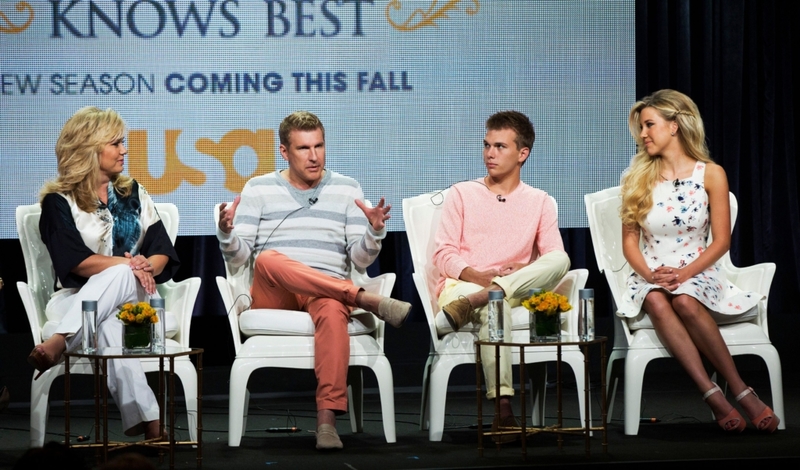
Chrisley Knows Best
Following the lives of Todd Chrisley and his family, ‘Chrisley Knows Best’ has been on air since 2014 with eight seasons and three spinoffs. However, its success isn’t due to authenticity. An insider from the show admitted that most of the dialogue is scripted, and scenes that didn’t turn out as funny as intended are re-shot. It’s a funny yet fake portrayal.
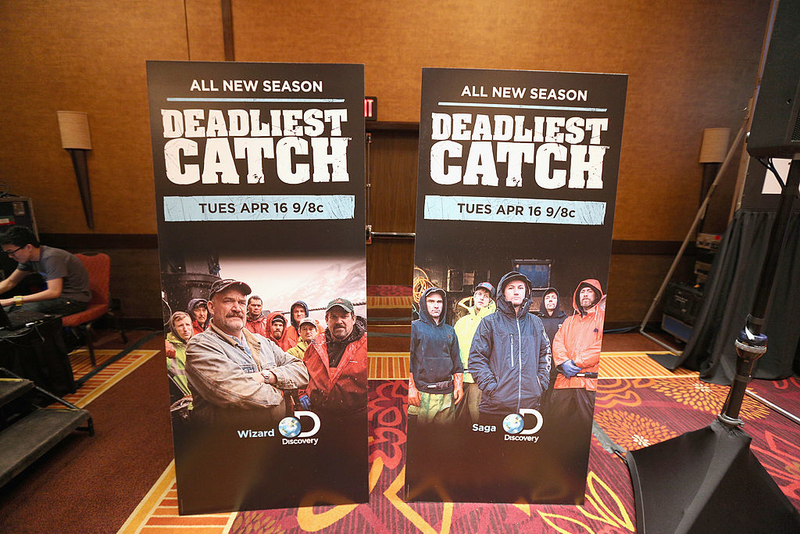
Deadliest Catch
Despite its name, ‘Deadliest Catch’ isn’t as real as it claims. The show combines scenes from different events for dramatic effect, and it has negative consequences for the fishing industry. Fishing crews on the show make money from being on TV, which gives them an advantage over real-life fishermen who have quotas to meet. This makes it difficult for actual fishermen to sell their catch. It’s fishy and fake.
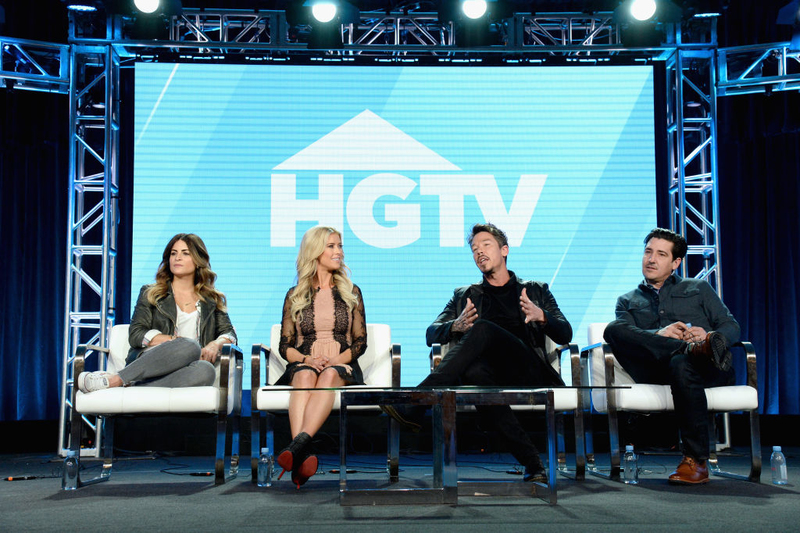
The HGTV Dream Home Giveaway
While the HGTV Dream Home Giveaway does gift someone a new home, there’s more to the story. Winners also receive an obligatory tax bill worth 40% of the property value, making it challenging for many winners to keep the house. The reality behind the dream home involves a significant IRS bonus.
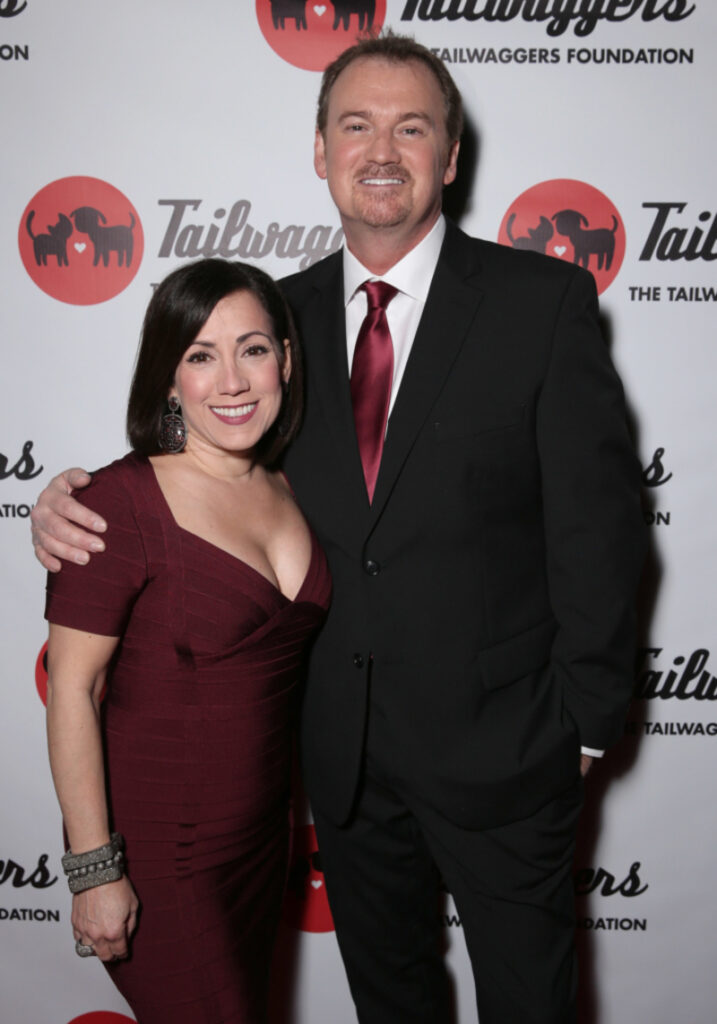
Designed to Sell
In the world of ‘Designed to Sell,’ HGTV has a trick up its sleeve for homeowners who’ve had their houses renovated but don’t plan on selling anytime soon. Enter the fake open house, complete with pretend potential buyers. To spice things up, the show even films multiple endings with these fake buyers, allowing for different scenarios to be edited seamlessly. But there’s a catch – some repair work done by the show might be subpar, skillfully kept out of the camera frame. Maybe a more fitting title would be ‘Designed to Fake.’

Love It or List It
‘Love It or List It’ introduces a dilemma: stick with your redecorated home or opt for a brand-new one? The catch? The reality of the show may not align with the choices participants make. Reports surfaced of homeowners left with repairs after the show’s renovations, and even cases where producers had participants record both endings, airing the one that contradicted their actual decision. It’s a bit sneaky and definitely leans towards the fake side.
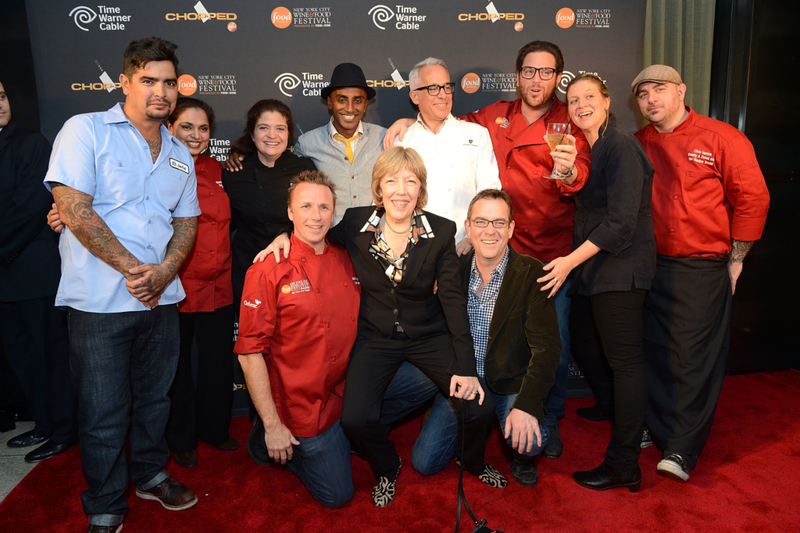
Chopped
In the realm of ‘Chopped,’ much of what unfolds is real – except when it comes to the timing of tasting. Due to the lengthy filming process, judges get to taste the dishes later when they’re still fresh. Additionally, producers add a dash of drama by occasionally hiding pantry items or limiting the availability of specific ingredients. A minor adjustment, but enough to spice up the competition.
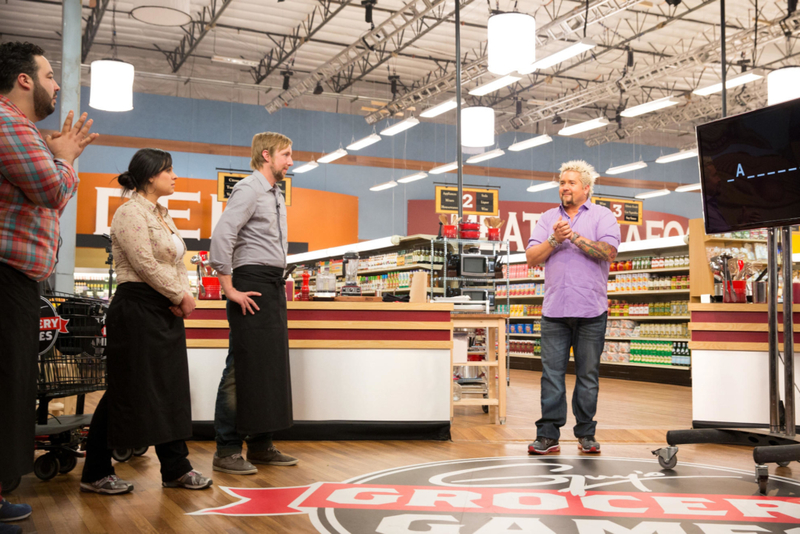
Guy’s Grocery Games
Guy Fieri’s culinary challenges in ‘Guy’s Grocery Games’ are served with a side of fakery. While Flavortown Market, the setting for the challenges, is a real grocery store, the unused food doesn’t go to waste – it gets donated to local charities. So, although the place may be staged, the generosity is real.
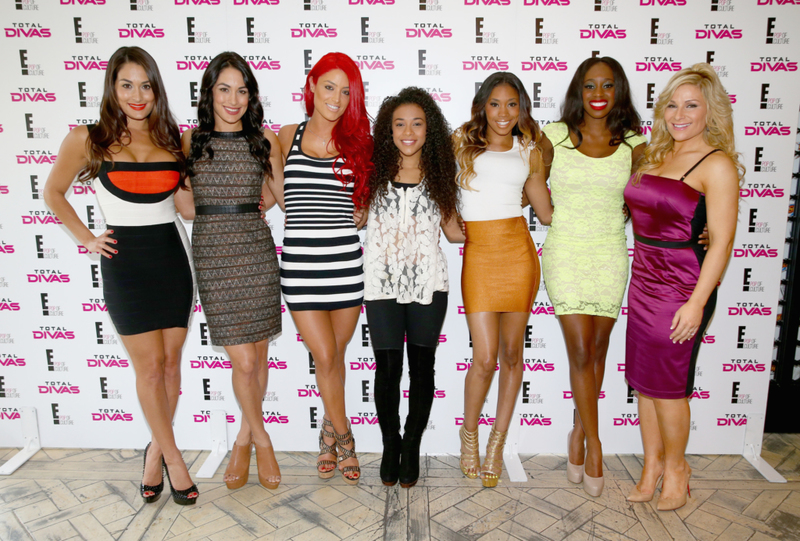
Total Divas
In the world of pro wrestling, choreographed stunts take center stage, and ‘Total Divas’ follows suit. While the wrestling matches are undeniably staged, the behind-the-scenes drama on the show is also scripted, as confirmed by some participants. These entertainers bring the audience into a world of scripted intrigue and, yes, some fake drama.
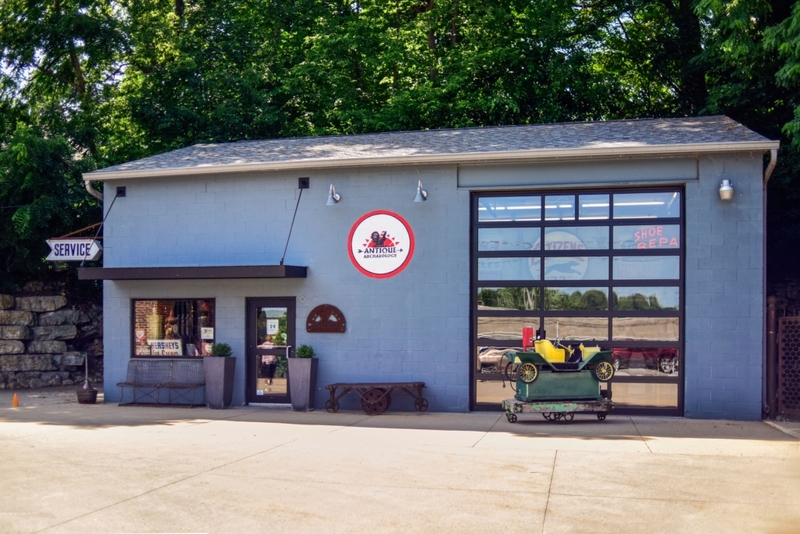
American Pickers
‘American Pickers’ showcases the art of negotiation, but behind the scenes, many deals are struck off-camera. Producers take credit for selecting items based on their entertainment value, leaving the hosts in a somewhat secondary role. The show is designed to be entertaining, even if the picking and negotiating aren’t as spontaneous as they appear.
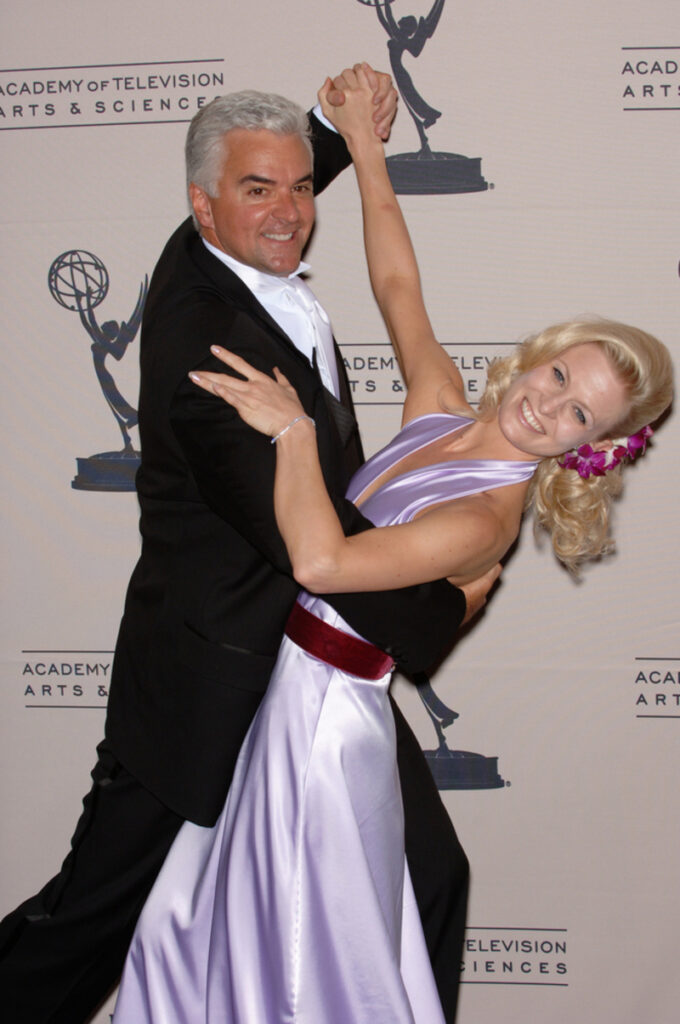
Dancing With the Stars
‘Dancing With The Stars’ has dazzled viewers for over 20 seasons, but not everything is as it seems on the dance floor. Some contestants, despite lacking stunt doubles, have a dance background, providing an advantage. Reports suggest producer interference with votes and the use of elimination as a threat, revealing a touch of outrageous fakery.
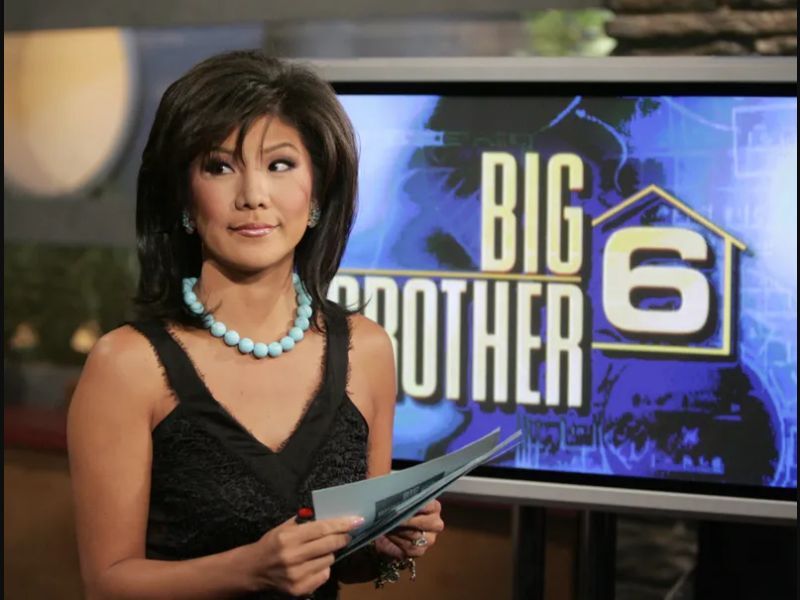
Big Brother
CBS’s ‘Big Brother’ brings strangers into a house filled with cameras, challenges, and eliminations. While the constant filming adds an element of reality, the regularly scheduled episodes are carefully edited to favor certain participants. Only those with access to the nonstop online stream get the full context, exposing the show’s edited reality to keen-eyed viewers.
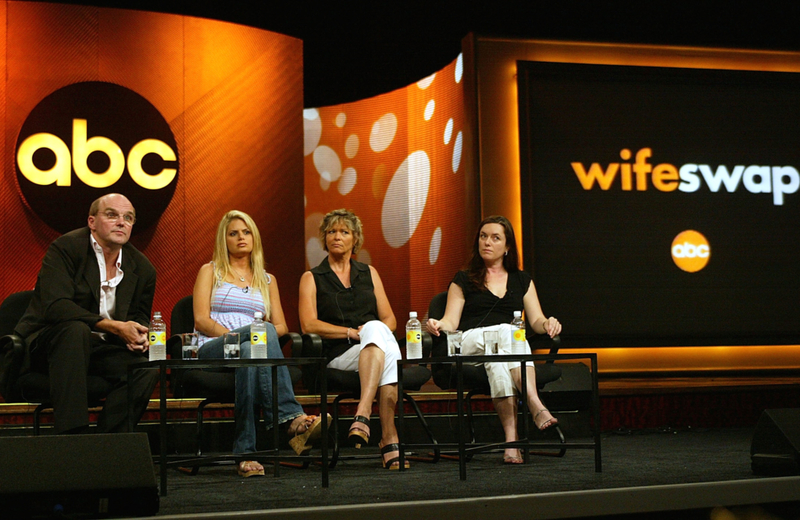
Wife Swap
‘Wife Swap’ gained massive popularity with its unique format of swapping matriarchs between households, creating dramatic conflicts for viewers’ entertainment. However, the conflicts didn’t just naturally unfold; producers reportedly heightened tensions through targeted editing and even showcased couples as married when they weren’t in real life. The show’s portrayal went beyond swapping wives; it also swapped reality for a touch of fake drama.
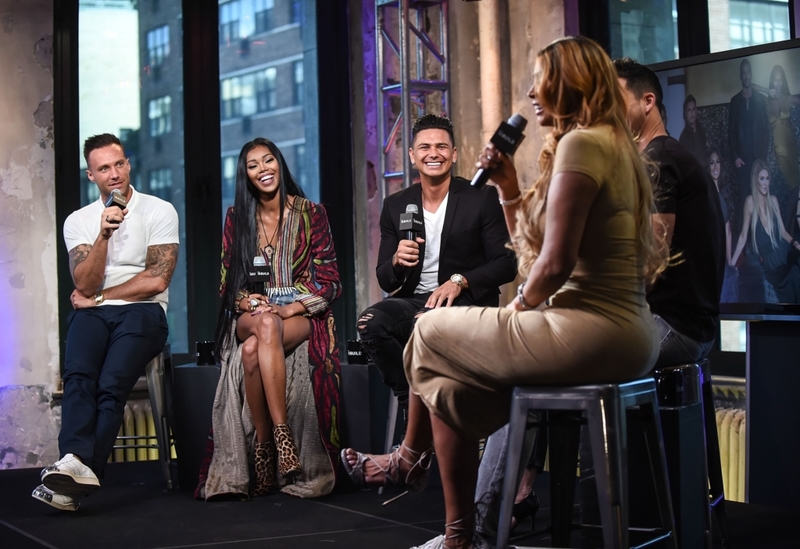
Famously Single
E!’s ‘Famously Single’ claims to help celebrities find love by setting them up on dates, complete with recaps and therapy sessions. However, the stars’ lack of acting skills often makes the dramatic happenings on the show appear artificial. Despite the attempt to maintain a sense of reality, the love-seeking escapades turn out to be more artificial than authentic.
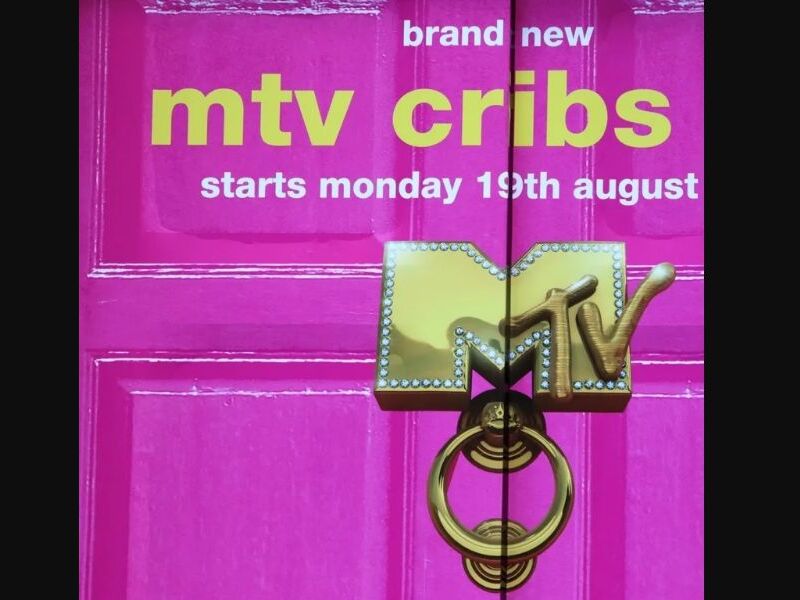
Cribs
MTV’s ‘Cribs’ showcased celebrities and their lavish lives, but not without its share of fakery. Janette Verla sued MTV after her leased house was promoted as Ja Rule’s fake crib. While the homes featured were luxurious, the authenticity took a backseat to the glitzy portrayal of celebrity living – a case of Cribs being fabulous but also very fake.
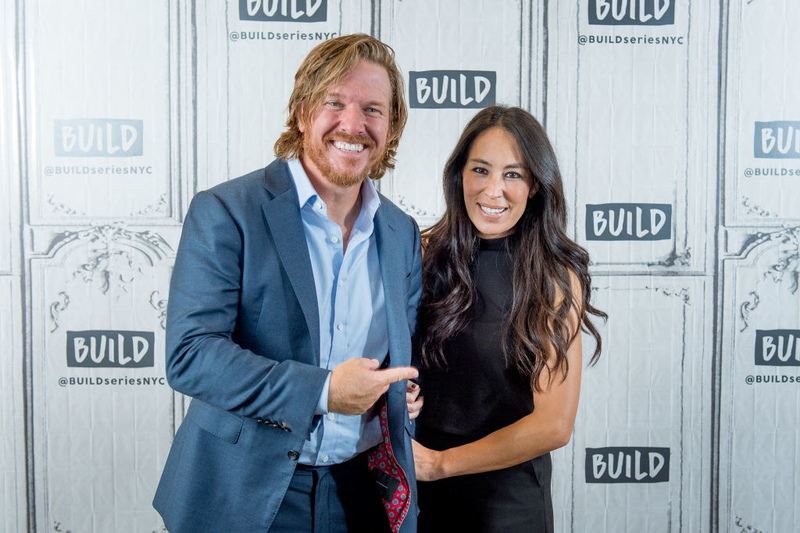
Fixer Upper
‘Fixer Upper’ claimed to transform houses for participants, but behind the scenes, most homes were purchased before filming. Homeowners allegedly had to pay extra to keep their new furniture, and certain rooms were skipped during renovation to cut expenses. The fixer-upper process turned out to be less about transforming homes and more about managing a somewhat staged reality.
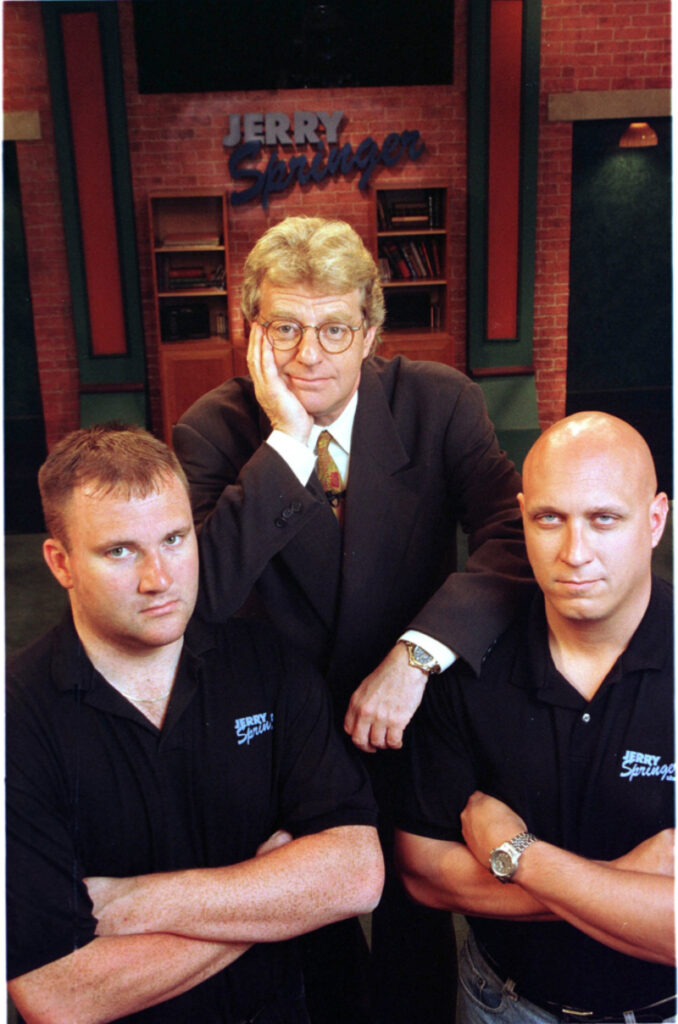
The Jerry Springer Show
Known for its outlandish stories, ‘The Jerry Springer Show’ features extreme cases of family drama and outrageous situations. While the audience enjoys the spectacle, the show is revealed to be completely fake. Despite the lack of authenticity, the audience’s reactions create a feel-good atmosphere, even if the drama is manufactured.
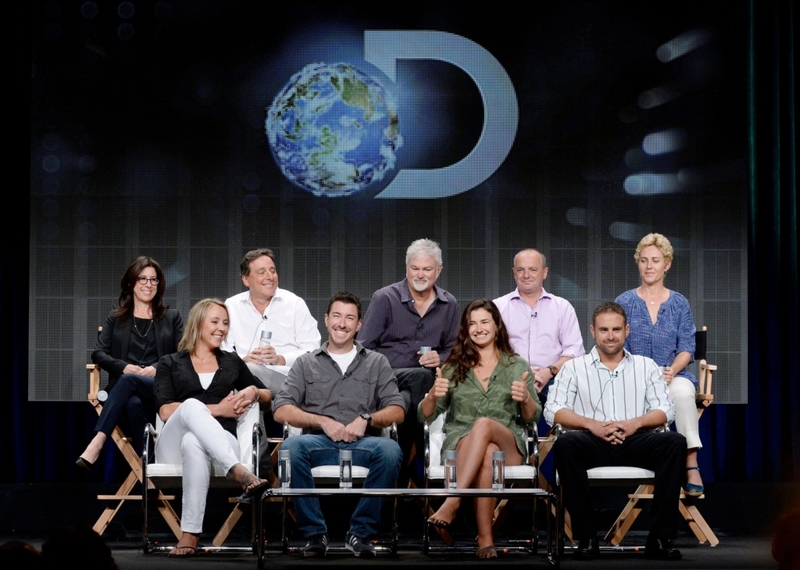
Naked And Afraid
Survival reality takes a unique turn with ‘Naked And Afraid,’ where participants live half-nude on an island. However, the extreme production becomes apparent as staff provides amenities not found on desert islands. The show, despite its premise, is more about being naked and fake than truly surviving in the wild.
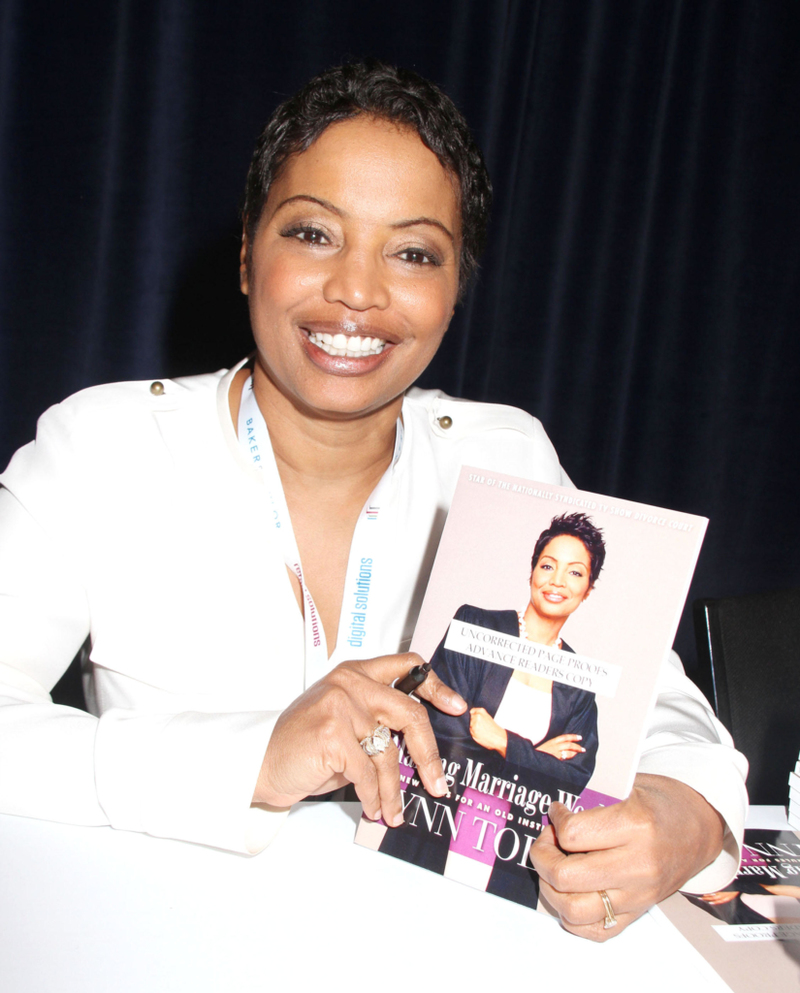
Divorce Court
‘Divorce Court’ capitalizes on marital disputes for ratings, with claims that some participants were hired to act out fake marriage stories. The show’s high ratings come at the expense of authenticity, revealing a staged drama revolving around divorces.
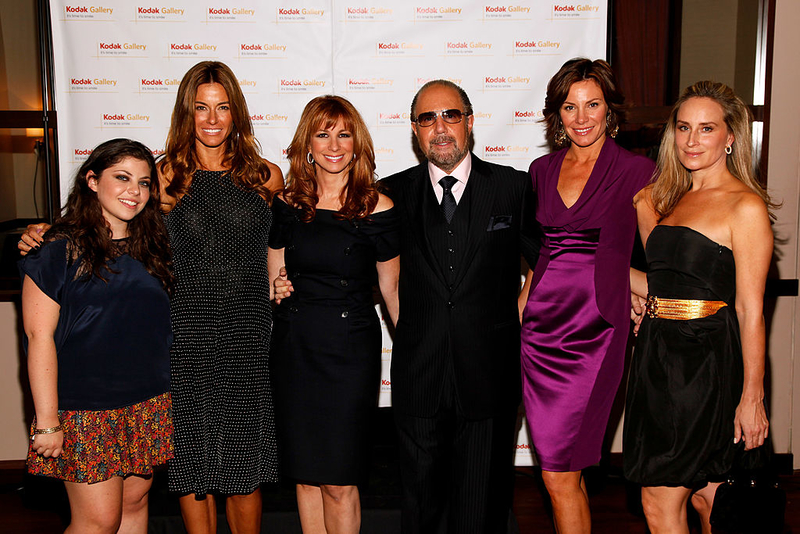
The Real Housewives
The debate about whether ‘The Real Housewives’ was scripted or not ended when star Teresa Giudice testified in court that the show is fake. She revealed that everything, from meetings to confrontations, is planned in advance by the production. That’s the real scoop on the fake housewives!
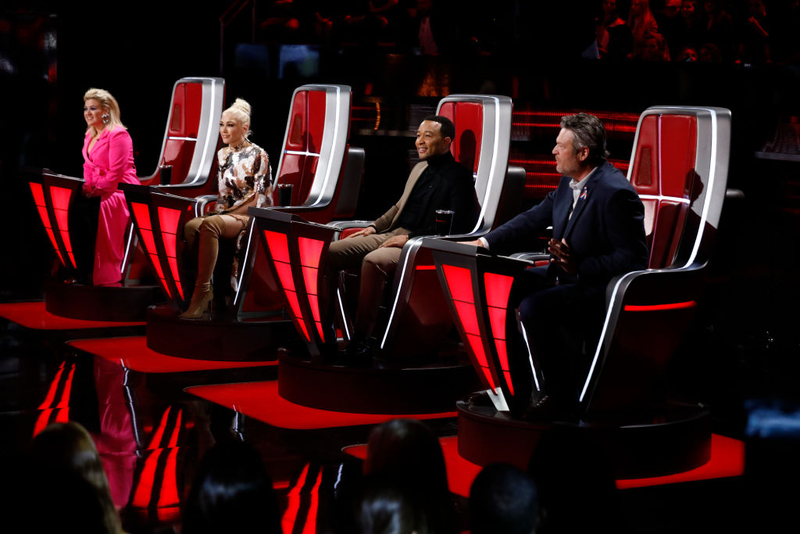
The Voice
Contrary to popular belief, ‘The Voice’ isn’t as authentic as it seems. Rock singer Adam Wiener shared on Facebook that the show not only selects performers but also picks their songs and music styles. It’s a bit disappointing, but yes, it’s another one that falls into the category of being fake.
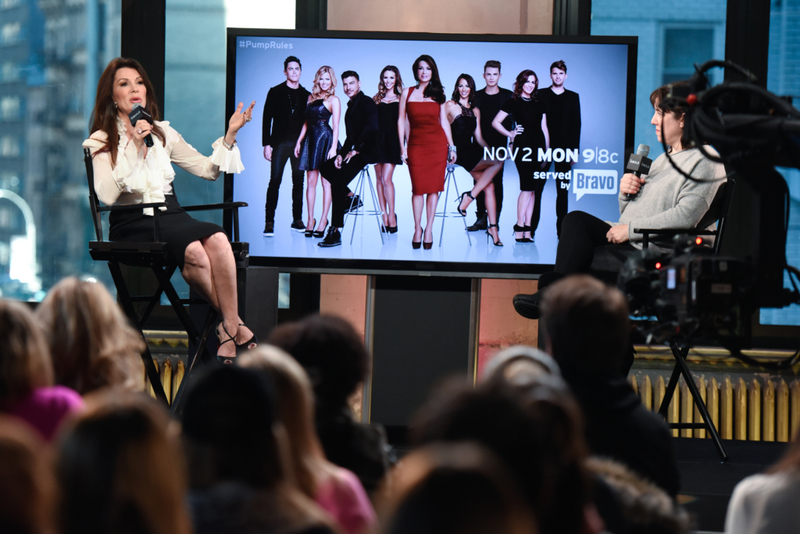
Vanderpump Rules
Lisa Vanderpump, a star from ‘The Real Housewives Of Beverly Hills,’ got her own spin-off, ‘Vanderpump Rules.’ A keen-eyed fan noticed inconsistencies in a scene, suggesting it was shot multiple times and later pieced together. Busted! This reality show is not as real as it pretends to be.
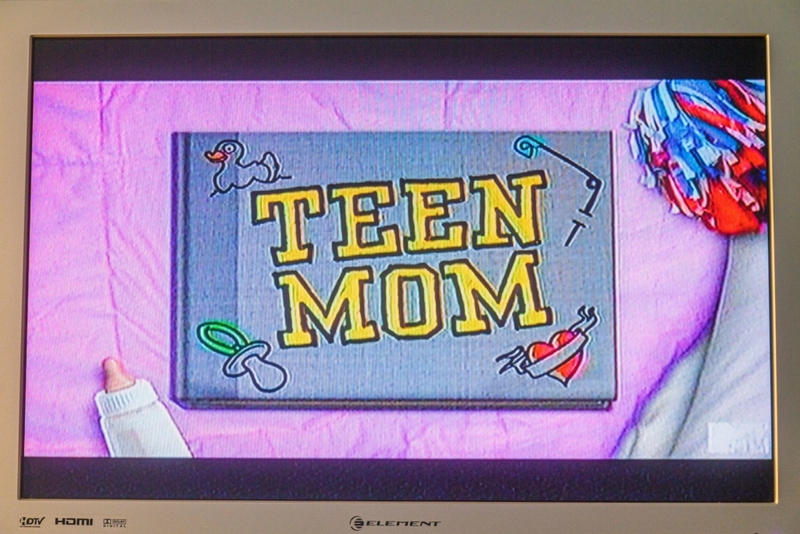
Teen Mom
Belonging to MTV’s roster of mostly fake reality TV shows, ‘Teen Mom’ falls into the same category. While some aspects like arrests and breakups are real, the dramatic conversations are often edited to appear harsher than they really were. It’s a show that irresponsibly plays with reality.
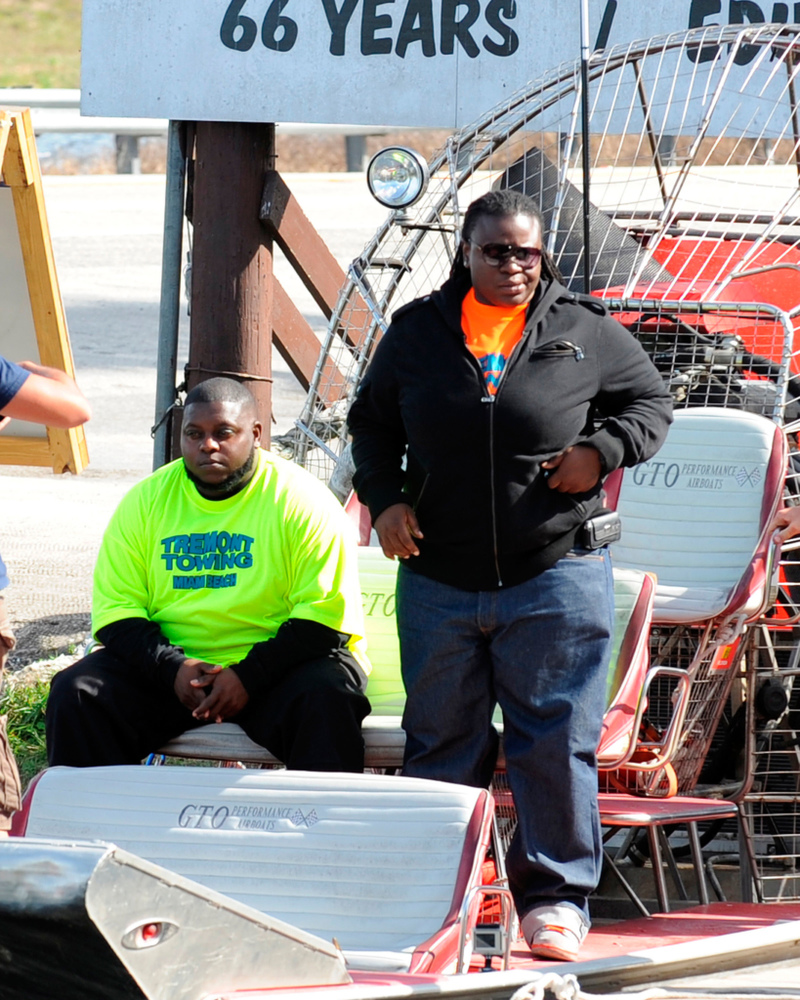
South Beach Tow
‘South Beach Tow’ features towing illegally parked cars, and although it’s entertaining, it’s far from real. Lead star Bernice, known for creative towing methods, often catches violators moments later. While the show is obviously fake, it doesn’t take away from the enjoyment of watching it. Tow away your expectations of reality because this show is anything but real!
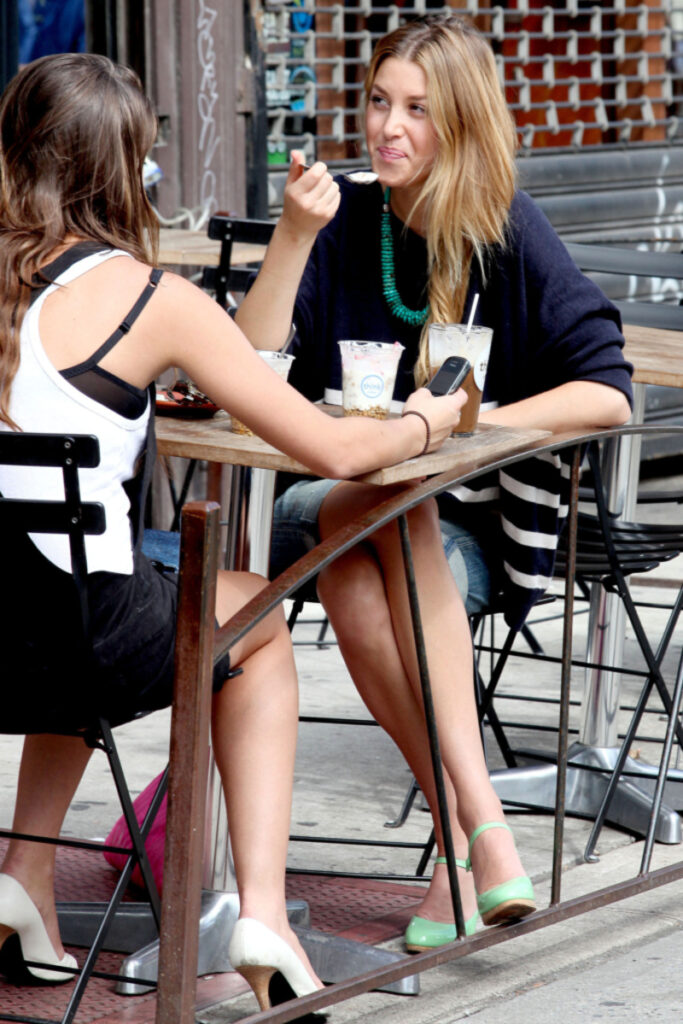
The City
Whitney Port’s spin-off show, ‘The City,’ brought her to New York City for a dose of drama. While the people involved were real, the events were often staged or manipulated by production. The city lights may have been genuine, but much of the show’s excitement was staged and, you guessed it, fake.
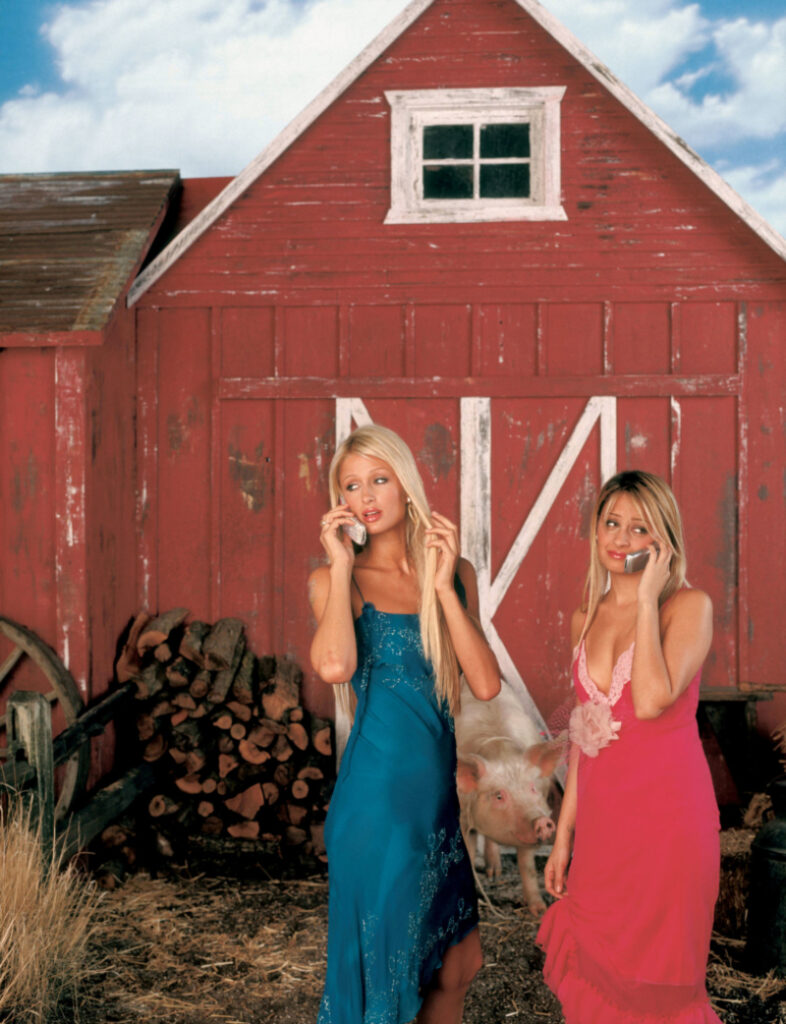
The Simple Life
Paris Hilton and Nicole Richie took on regular work in ‘The Simple Life,’ attempting to live like the rest of us. While their efforts were real, Hilton admitted that many reactions were exaggerated for entertainment. The life may have been simplified, but the drama was, in fact, exaggerated and ultimately fake.
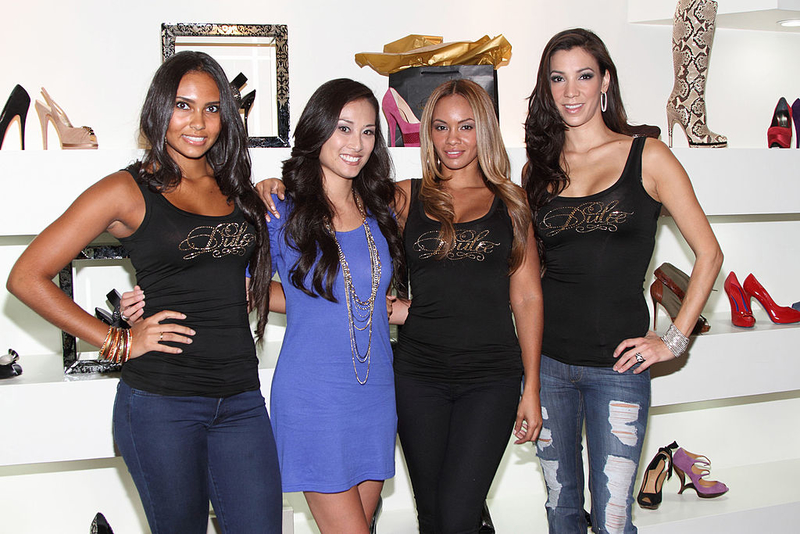
Basketball Wives
‘Basketball Wives,’ akin to ‘WAGS,’ claimed to depict the lives of those married to basketball stars. Shockingly, former cast member Matt Barnes exposed the show as entirely fake, a claim supported by others. The drama might be intense, but the authenticity takes a back seat, making it unsympathetically fake.
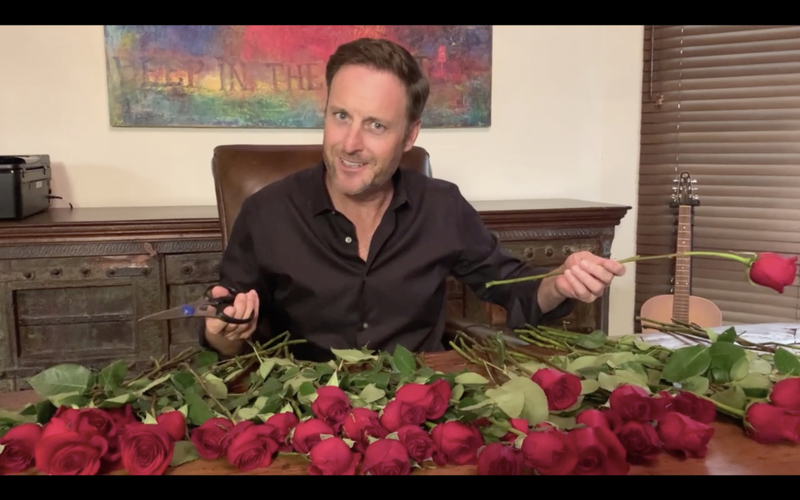
The Bachelor/The Bachelorette
Love-seeking endeavors in ‘The Bachelor’ and ‘The Bachelorette’ are scripted, with producers working behind the scenes to manufacture drama. From casting to rose ceremonies, everything is predetermined, putting the authenticity of these romantic pursuits into question. Sadly, these love stories are not as real as they seem – completely and utterly fake!
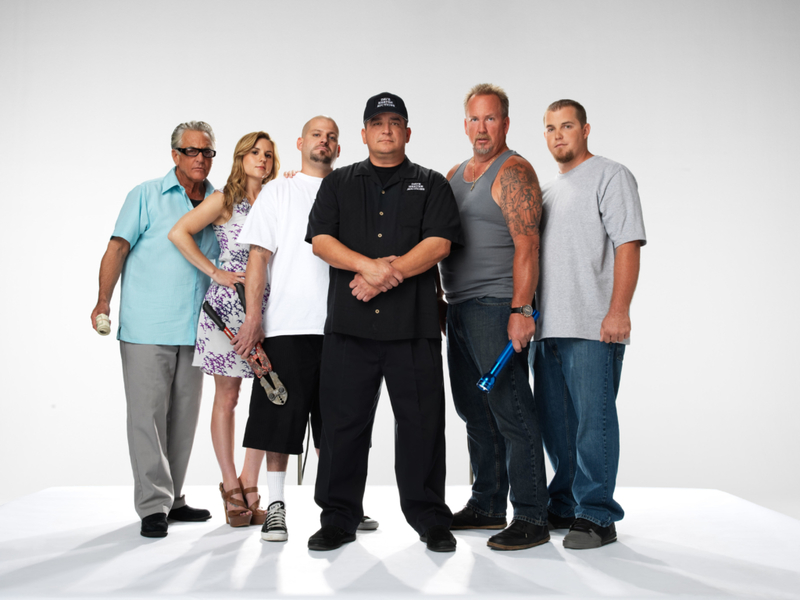
Storage Wars
When host David Hester claimed ‘Storage Wars’ was fake, the network sued him, making the show’s fakeness quite real. While the drama in bidding wars may seem intense, much of the show was scripted, and the legal battle was very much a reality check, proving amounts of cash were real but the show was ultimately fake.
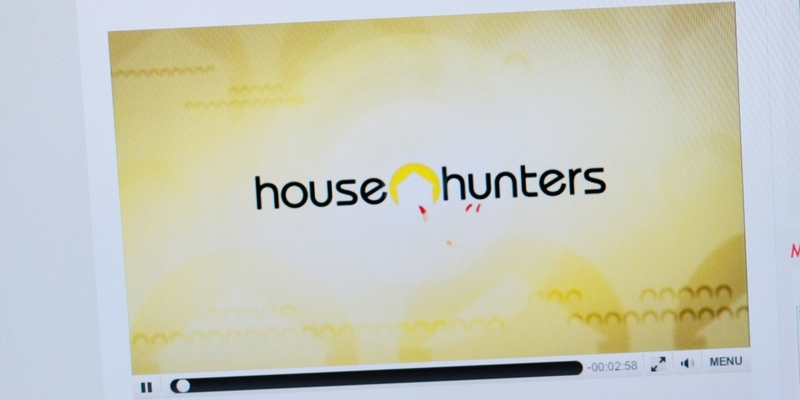
House Hunters
While ‘House Hunters’ follows people searching for dream homes, many aspects are entirely fake. Participants often find and live in their chosen homes before filming begins, making the house hunting journey more bogus than real.
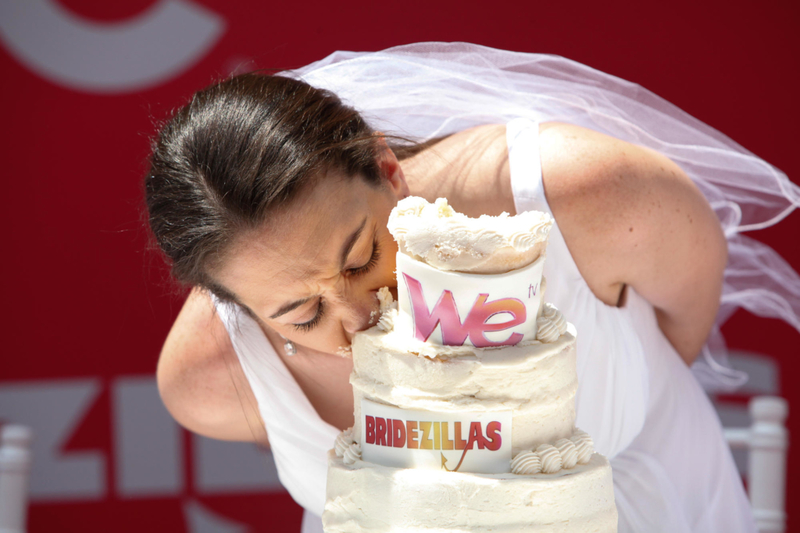
Bridezillas
‘Marriage is stressful’ is a reality, but ‘Bridezillas’ participants claimed production misled them. While the show captures the pressure, the manipulations behind the scenes make it more mean-spirited and fake than a genuine portrayal.
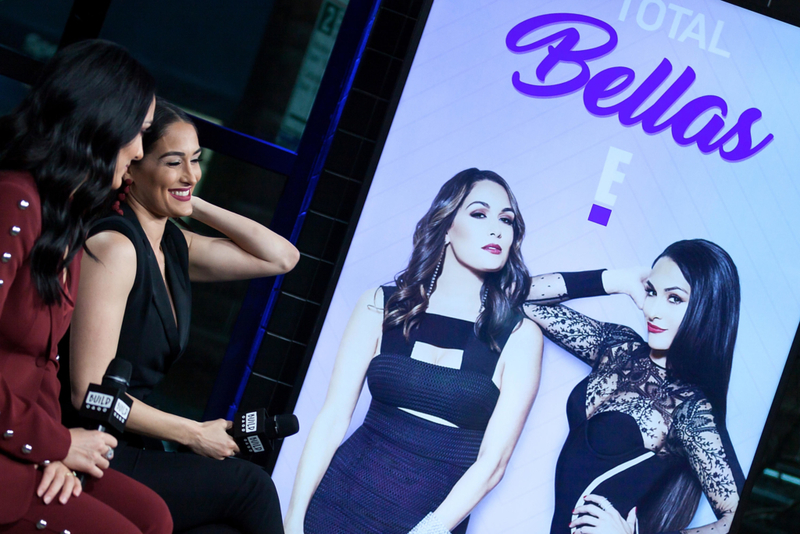
Total Bellas
‘Total Bellas,’ pitched as a reality show about female wrestlers, turned out to be super fake. With prominent wrestling stars as its source material, the show’s fakeness didn’t surprise anyone.
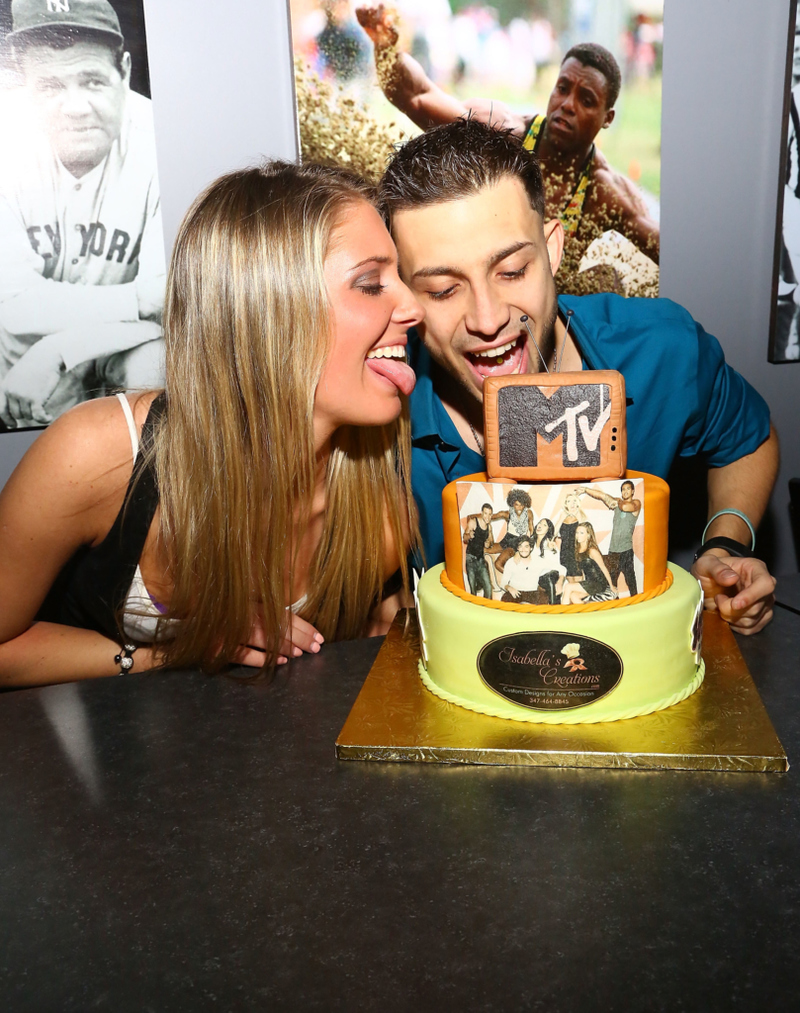
The Real World
Ironically, ‘The Real World’ is far from real, as participants admitted many conversations were scripted and pre-planned by producers. Despite the title, the reality is only about halfway genuine, with scripted directions and improvised actions.
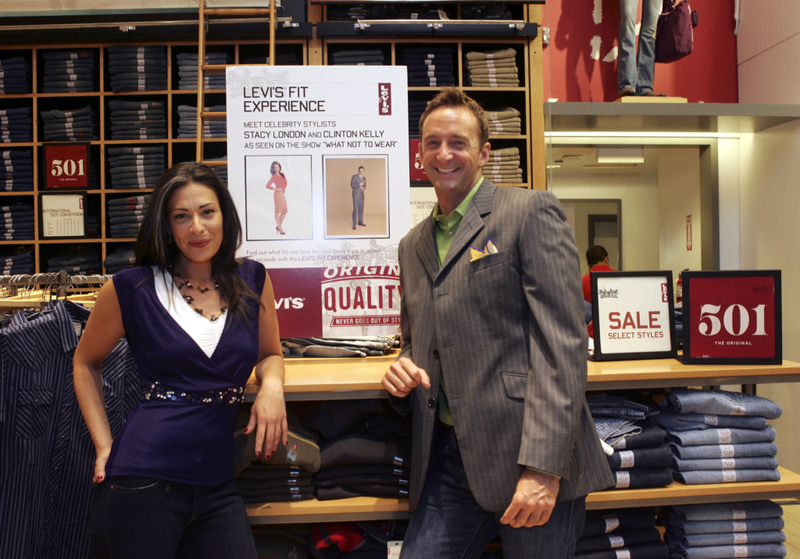
What Not To Wear
Dreams of a fashion makeover turn sour when ‘What Not to Wear’ participants claimed producers forced them to give away old clothes for tax breaks. While the fashion transformations are hardcore, the show’s tactics are more real-world deception than style.
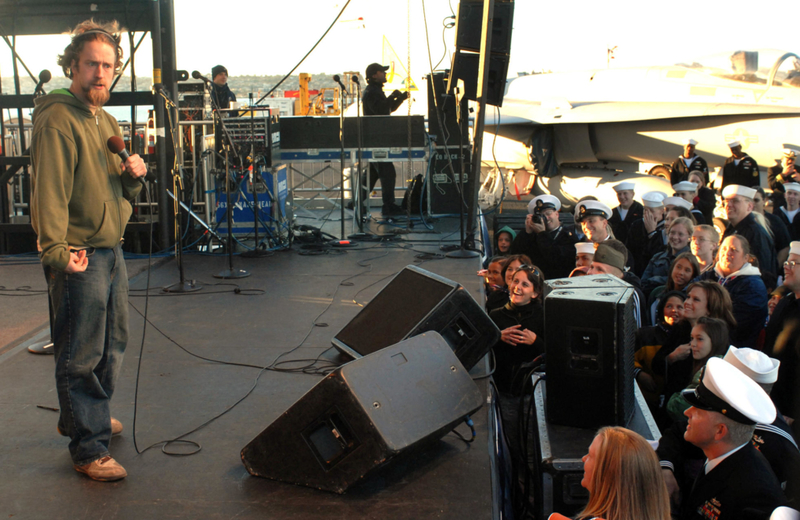
Last Comic Standing
‘Last Comic Standing’ promised a spotlight for talented comedians, but reports suggested production picked winners instead of judges. Deceptive editing turned good performances into flops, making it an insulting and fake competition.
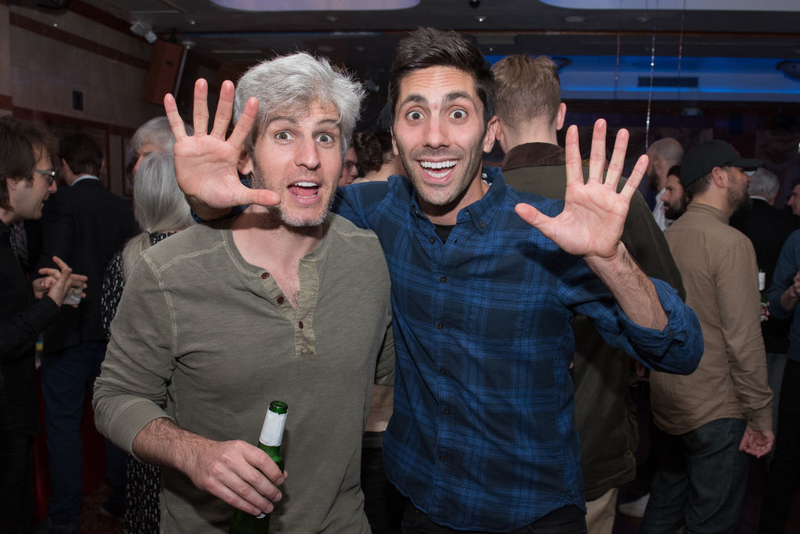
Catfish
‘MTV’s ‘Catfish’ showcases hosts uncovering online identities, but reports claim producers get approached by people who catfish and want to apply. The twist in this catfish tale is wrong and definitely fake.
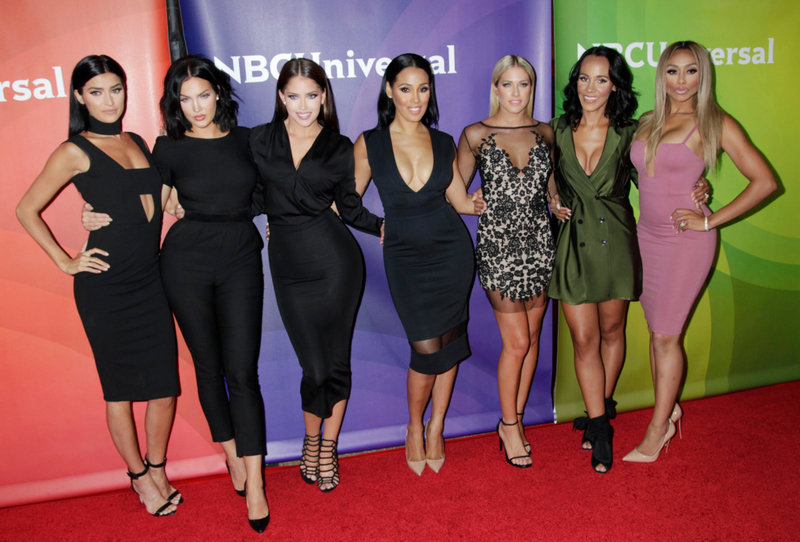
WAGS LA
Despite the popularity of ‘WAGS,’ conflicts and drama were often made up. The deceptiveness reached a point where some women on the show didn’t even date the athletes in real life, making it more of a fake behind-the-scenes drama.

The Biggest Loser
‘The Biggest Loser’ focused on weight loss but faced criticism for harsh diets and uncertified medical professionals. The show’s intentions may have been real, but the methods were often uncertain and ultimately fake.
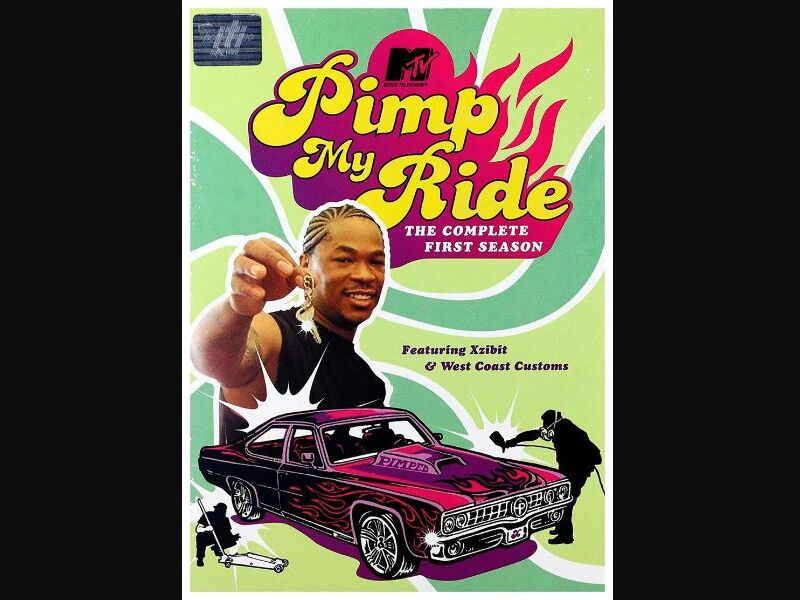
Pimp My Ride
In the glory days of 2004, MTV joined forces with Xzibit for the hit show ‘Pimp My Ride,’ promising to transform ordinary cars into jaw-dropping masterpieces. Unfortunately, the excitement was often short-lived, as many of the restorations turned out to be more for the camera’s benefit than the actual improvement of the vehicles. The flashy exteriors and high-tech gadgetry were often just props, leaving the cars looking pimped out but not necessarily functioning any better. It’s a shame, really, as the show’s premise was thrilling, but the reality behind the scenes was anything but genuine.
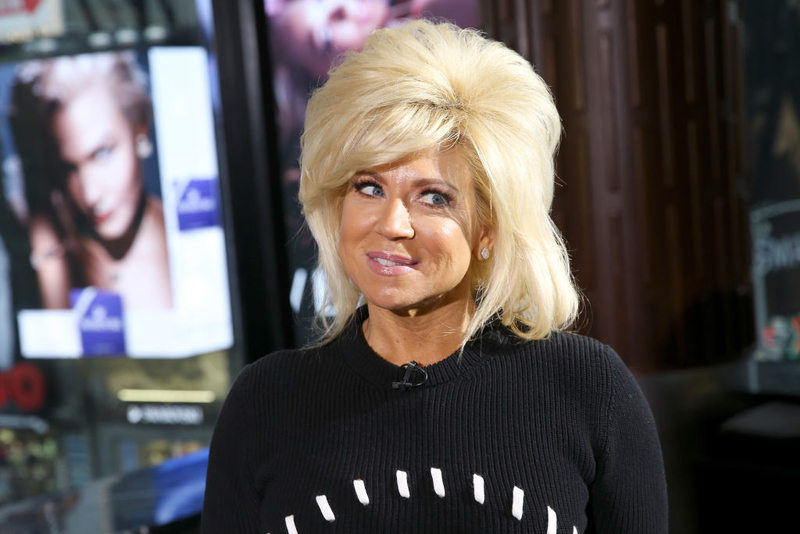
Long Island Medium
Delving into the mystical realm, ‘Long Island Medium’ showcased Theresa Caputo’s supposed ability to connect with the spirit world. However, the show didn’t escape its fair share of controversy, with Caputo facing legal issues and accusations that she received readings through a hidden earbud, implying that the spiritual connections were more orchestrated than authentic. While the show may have resonated with some, the cloud of skepticism over its legitimacy added a layer of doubt to the seemingly supernatural experiences portrayed on screen.
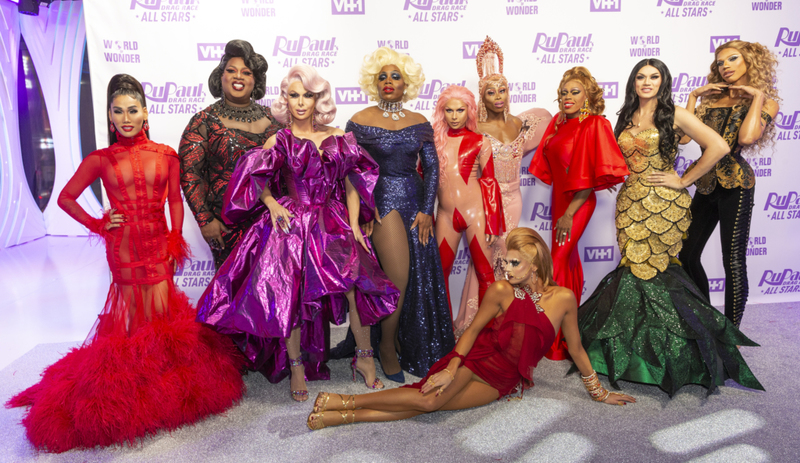
RuPaul’s Drag Race
‘RuPaul’s Drag Race’ burst onto the scene in 2009, giving drag queens a platform to showcase their talents and compete for the crown. Despite its popularity, former contestant Jaremi Carey (Phi Phi O’Hara) peeled back the curtain, revealing that producers often manufactured drama by intentionally provoking emotional reactions and deceptively editing footage to create a narrative. The glamour and glitz of the drag performances may have dazzled viewers, but the scripted conflicts behind the scenes hinted at a less authentic reality.
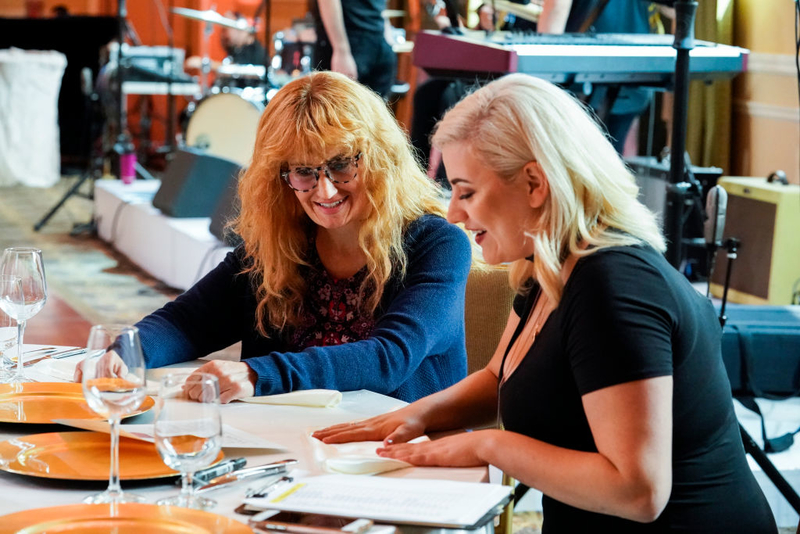
Undercover Boss
‘Undercover Boss’ promised a heartwarming journey as corporate leaders went incognito to learn about the challenges faced by their employees. However, the reality behind the scenes appears to be less genuine, with reports suggesting that the show’s producers made numerous promises to employees that turned out to be mostly theatrical. The lessons learned and heartfelt moments may have resonated with audiences, but the authenticity of the show’s transformative impact on the lives of the featured employees became suspect.
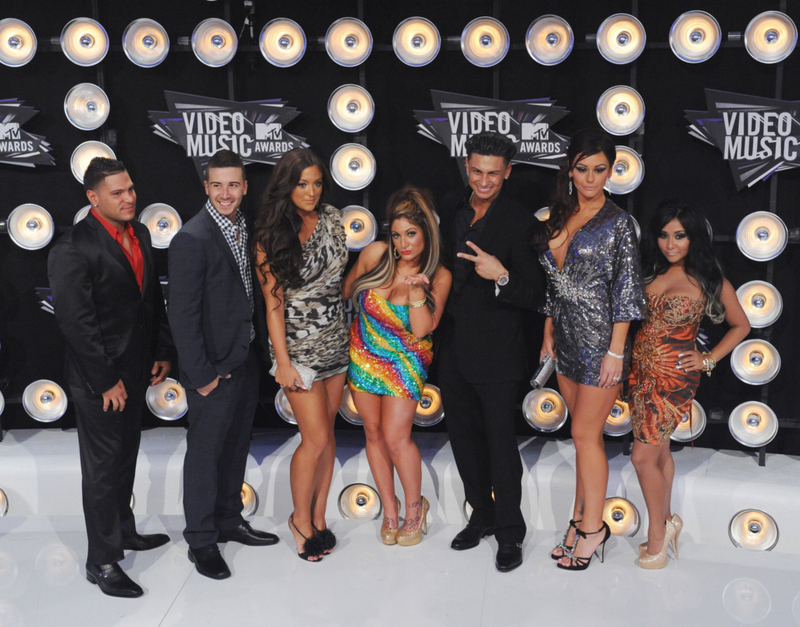
Jersey Shore
In 2009, ‘Jersey Shore’ stormed onto television screens, introducing the world to the antics of a group of friends living it up on the East Coast. While the cast members might have been genuine friends in real life, revelations from a nearby lawyer suggested that many of their dramatic walkouts were not only staged but meticulously rehearsed. The boardwalk may have witnessed their on-screen escapades, but the carefully choreographed drama raised questions about the authenticity of their chaotic beachfront lives.
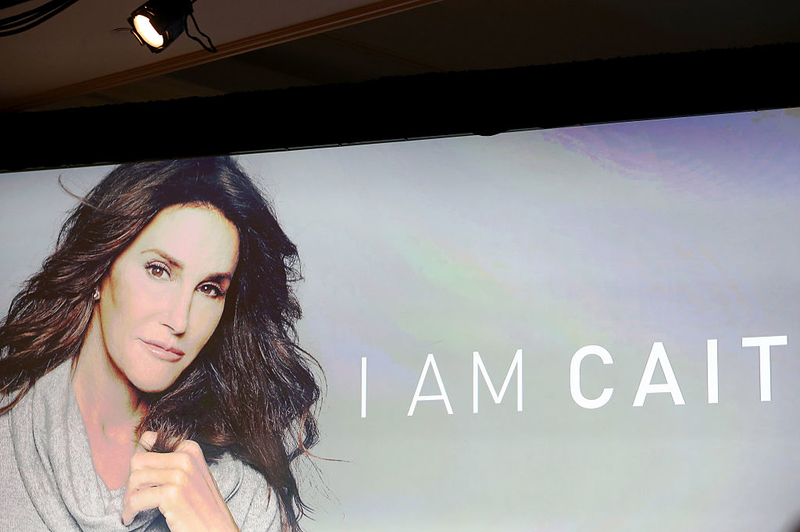
I Am Cait
‘I Am Cait’ captured the transformative journey of Caitlyn Jenner following her public announcement of gender transition. However, after the initial season, the show faced a decline in excitement, leading producers to allegedly fabricate scenarios for Caitlyn to react to. The struggle for acceptance and understanding during a gender transition is undoubtedly genuine, but the injection of contrived situations added an element of artificiality to the show’s later episodes.
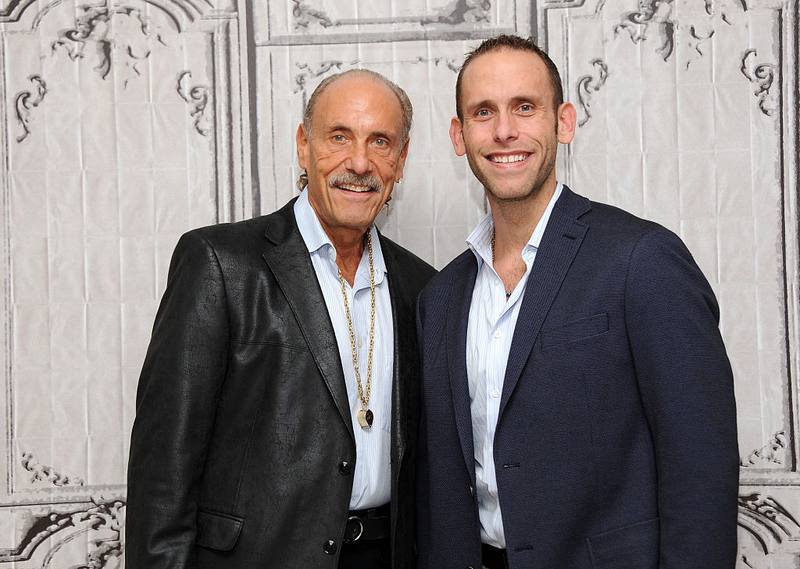
Hardcore Pawn
‘Hardcore Pawn’ thrust viewers into the hectic world of the Gold family’s Detroit pawn shop, promising drama and intense negotiations. While the show successfully entertained audiences, some participants later claimed that the highly exaggerated fights with the Gold family were, in fact, completely staged. The allure of the pawnshop’s high-stakes transactions may have been real, but the over-the-top conflicts were revealed to be more scripted than spontaneous.
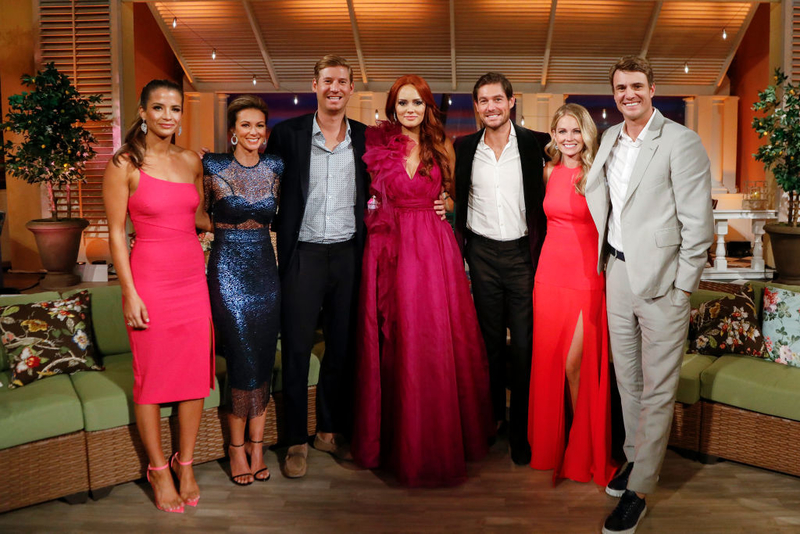
Southern Charm
‘Southern Charm’ put a unique spin on the classic reality formula, offering a glimpse into the lives of its cast members in Charleston. However, revelations from former participant Danni Baird suggested that not all was as authentic as it seemed, with claims that some cast members didn’t actually live in Charleston and that much of the drama was pre-scripted by producers. While the charm of the Southern setting was real, the scripted drama left viewers questioning the show’s overall authenticity.
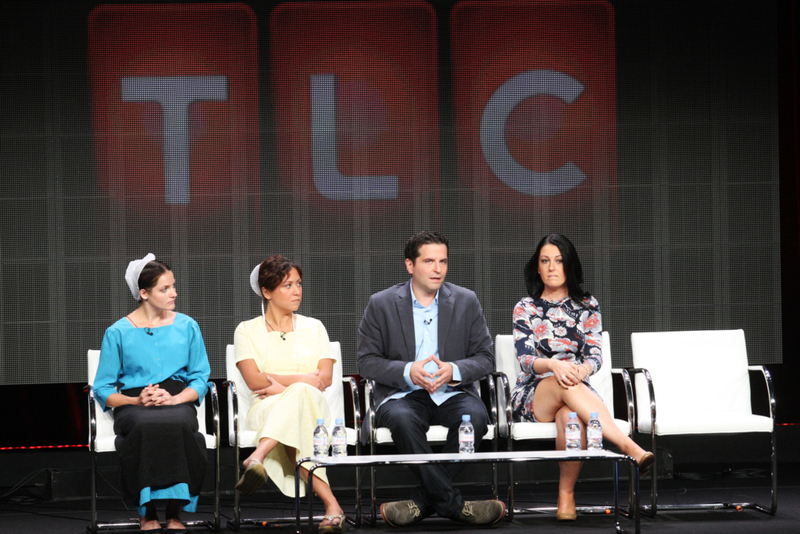
Breaking Amish
In a world fascinated by the Amish way of life, ‘Breaking Amish’ promised a captivating narrative of individuals breaking away from their traditional lifestyle. However, as the show progressed, it became clear that the cast members weren’t authentic Amish individuals but rather actors playing a role. The disappointment stemmed from the initial belief that the show offered a genuine portrayal of those seeking a new life beyond their confined community.
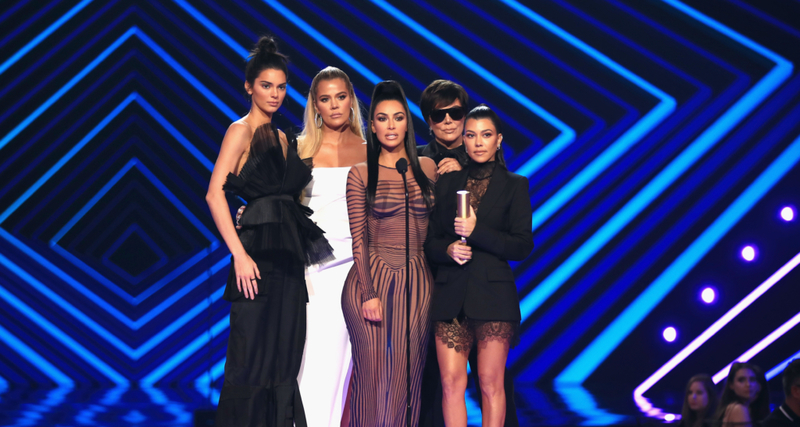
Keeping Up with the Kardashians
Since its debut in 2007, ‘Keeping Up with the Kardashians’ has become a cultural phenomenon, showcasing the glamorous lives of the Kardashian-Jenner family. However, the show’s longevity has been accompanied by persistent allegations of scripting and staging. While the family dynamics and headline-making events are undoubtedly real, the meticulous crafting of scenes and storylines has raised questions about the extent to which the show reflects the unfiltered reality of the Kardashian-Jenner clan.
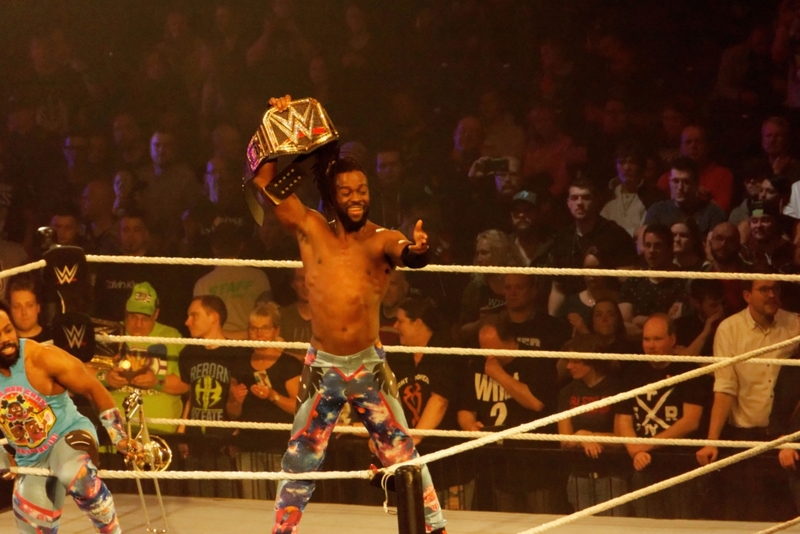
WWE Smackdown / Raw
Professional wrestling has long been known for its scripted nature, with predetermined outcomes and carefully choreographed performances. While most viewers understand the theatricality of WWE’s Smackdown and Raw, there remains a subset of fans who, surprisingly, believe in the authenticity of the battles. The disconnect between scripted storylines and the belief in genuine physical altercations illustrates the enduring power of wrestling’s suspension of disbelief, making it a unique blend of scripted entertainment and fan perception.
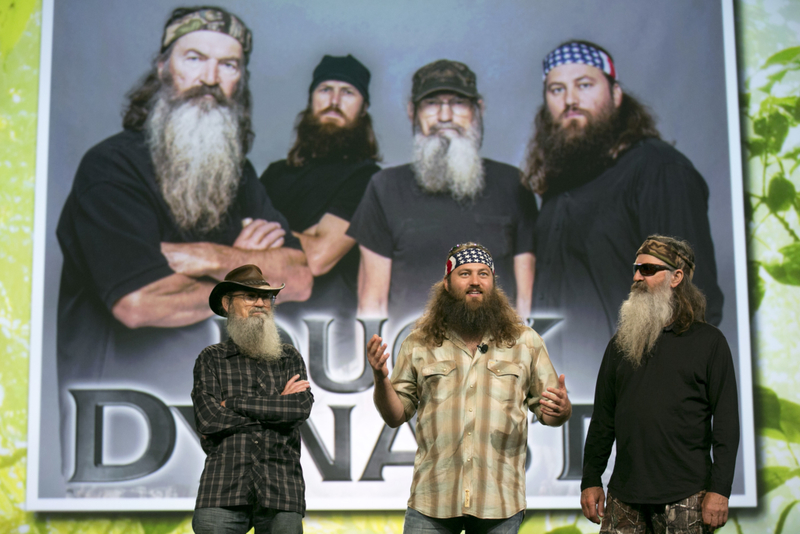
Duck Dynasty
‘Duck Dynasty’ offered a humorous look into the lives of the Robertson family, successful entrepreneurs in the duck hunting industry. The show’s appeal lay in the quirky family dynamics and the depiction of their unconventional business ventures.

Survivor
‘Survivor’ holds the record as one of the longest-running reality TV shows, having been on air annually for over two decades. However, despite its enduring popularity, the show has been exposed as mostly fake.
Producers have openly acknowledged using stunt doubles for many of the team’s challenges, revealing that the survival portrayed on the show is not entirely genuine. It seems they may be surviving, but it’s not without a touch of fakery.
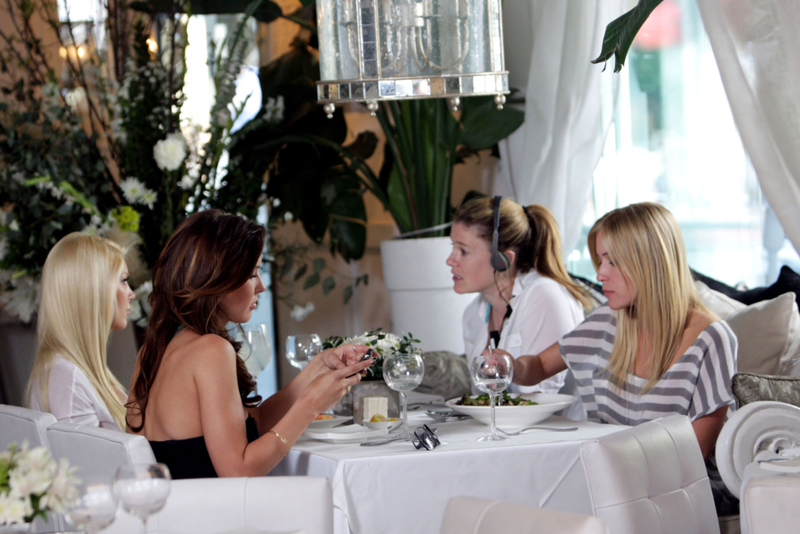
The Hills
For those drawn to reality shows portraying the worst stereotypes about women, ‘The Hills’ emerged as a guilty pleasure. From gossiping to backstabbing, the drama seemed to unfold organically. However, the shocking revelation is that most of these events and conflicts were scripted for maximum effect. Spencer Pratt, a former participant, spilled the beans, disclosing that scenes, including a pivotal pregnancy revelation, were reshot numerous times to heighten the drama. The intense emotions were manufactured, leaving viewers questioning the authenticity of the portrayed relationships and conflicts.
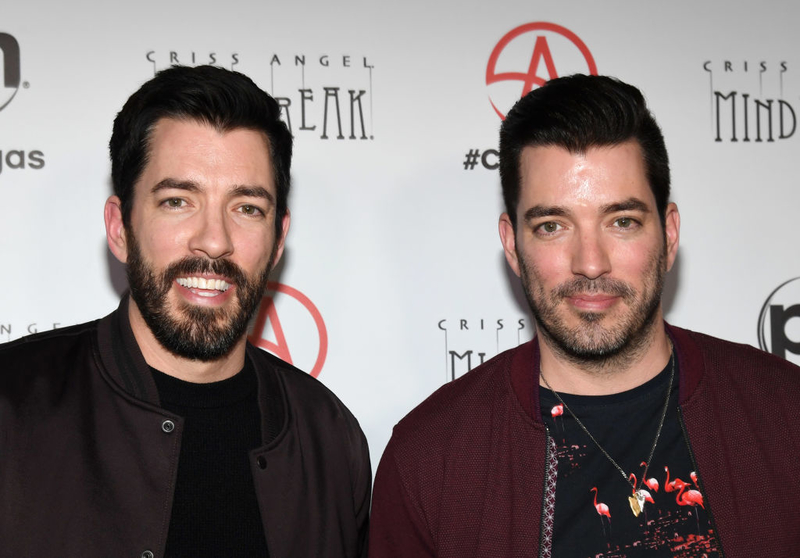
Property Brothers
The seemingly delightful real-estate show, ‘Property Brothers,’ starring Canadian twins Jonathan and Drew Scott, follows them through home sales and renovations. However, the unfortunate truth is that a considerable portion of the show is fabricated. Allegedly, only specific areas of the house are renovated based on the couple’s choice, and multiple takes are often required to capture the desired dramatic impact. While the brothers’ charisma may shine through, the behind-the-scenes fabrication raises doubts about the authenticity of the entire home improvement process.
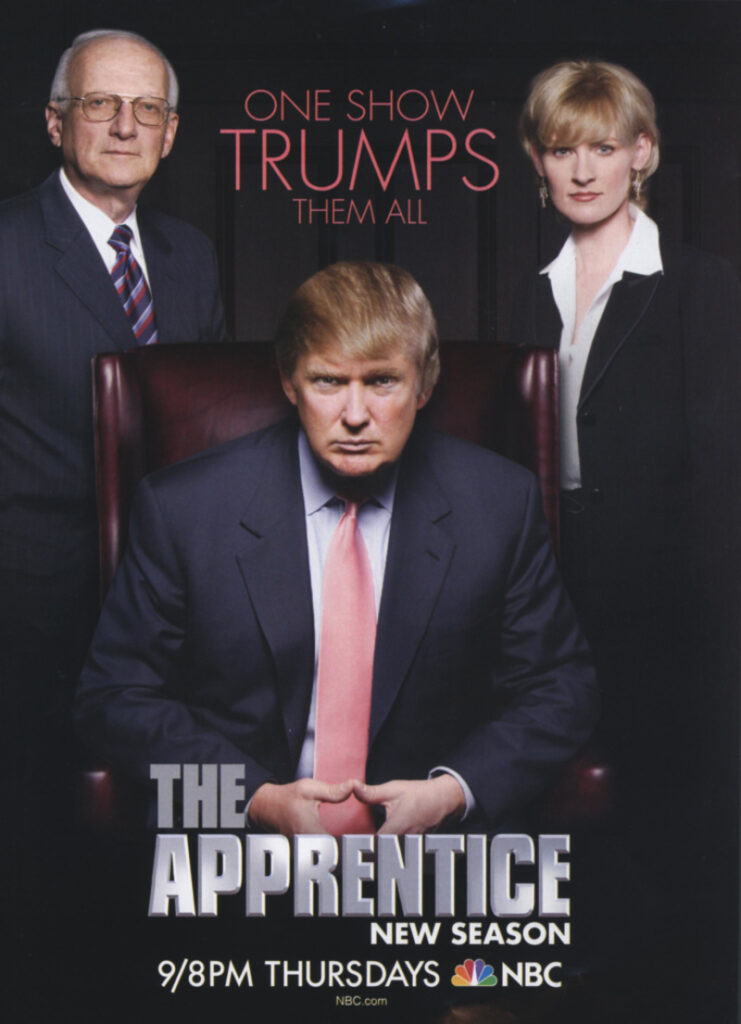
The Apprentice
Long before Donald Trump took on the role of U.S. President, he honed his television persona on ‘The Apprentice.’ The show revolved around Trump interviewing candidates for a coveted position within his organization. However, the reality behind the scenes was far from genuine. Many firing scenes were exaggerated for dramatic effect, and contestants were reportedly aware of their impending dismissal. The theatrical nature of Trump’s decision-making process cast a shadow over the show’s claim to depict the cutthroat world of business.
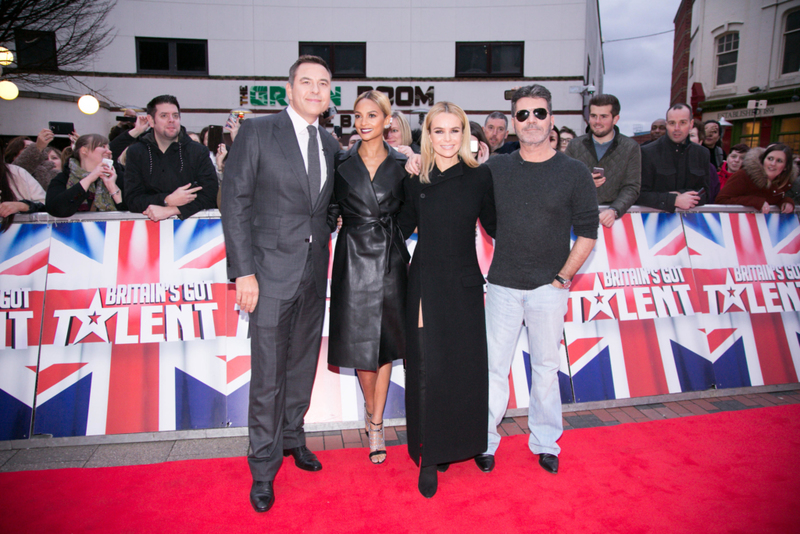
Britain’s Got Talent
‘Britain’s Got Talent,’ a popular talent competition featuring Simon Cowell, offered viewers the thrill of witnessing raw talent and creative criticism. However, in 2015, revelations surfaced that not all aspects of the show were authentic. Some talents were allegedly manipulated by producers to maintain audience interest. The behind-the-scenes meddling raised questions about the integrity of the talent discovery process, challenging the notion that the showcased acts were entirely organic and unscripted.
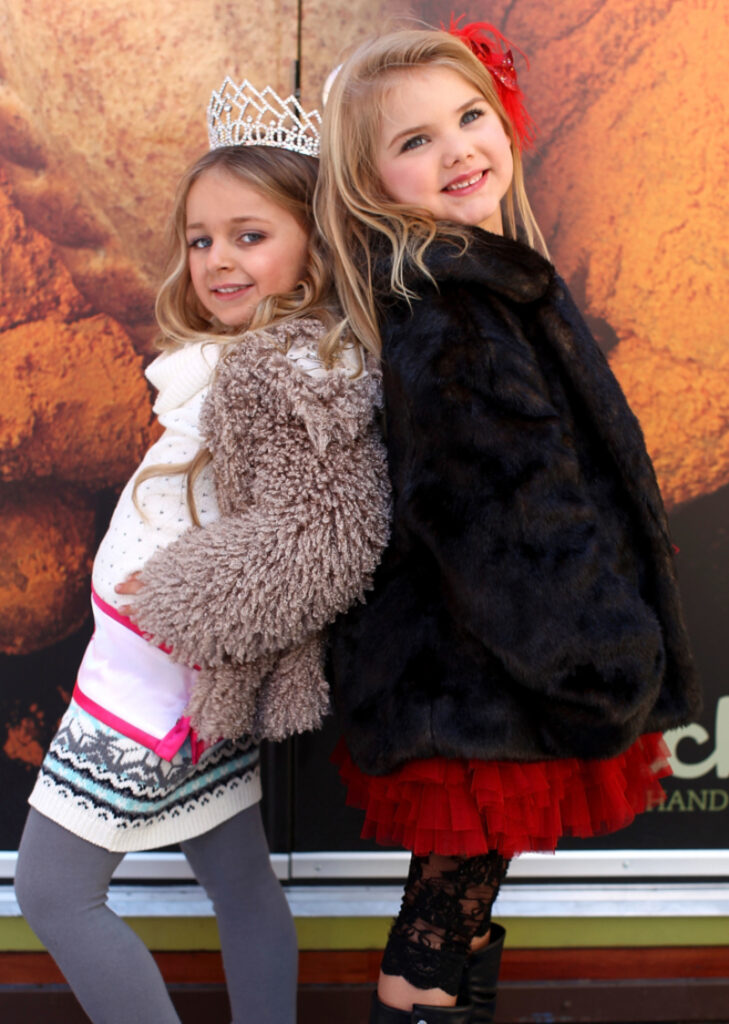
Toddlers and Tiaras
‘Toddlers and Tiaras,’ a show that involves children in beauty pageants, raised eyebrows for its controversial premise. However, recent revelations from participants and former staff unveiled a significant degree of scripting. Many of the dramatic moments and conflicts were allegedly manufactured, turning the supposedly authentic portrayal of pageant life into a scripted spectacle. The unsettling idea of pitting young children against each other for entertainment became even more troubling with the acknowledgment that much of the showcased drama was, in fact, prematurely concocted.
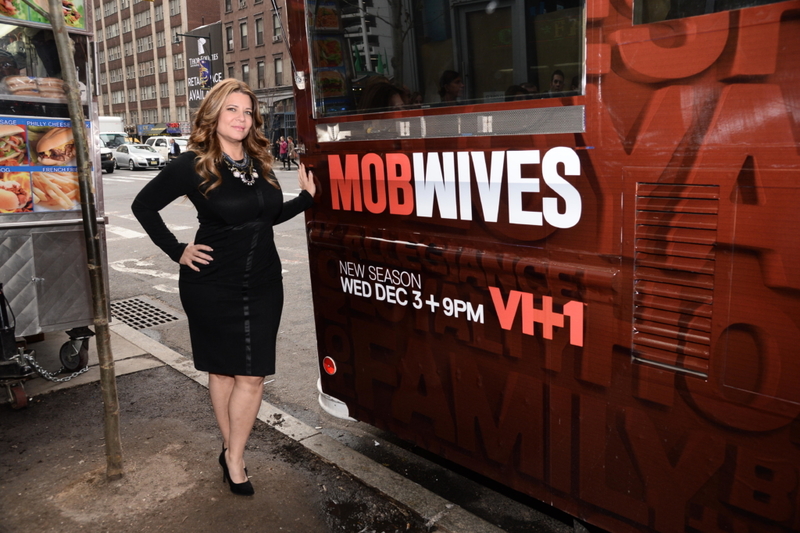
Mob Wives
‘Mob Wives’ attempted to showcase the lives of tough women associated with mobsters in Staten Island. However, the show faced criticism for its staged and produced events, revealing that many dramatic scenes and conflicts were essentially created by producers. The participants’ lack of genuine camaraderie off-screen added an element of danger to the scripted confrontations, blurring the line between reality and orchestrated entertainment.

Love Island
‘Love Island,’ a reality show that pairs singles on a tropical island, found itself under scrutiny when allegations of complete fakery surfaced. According to a Reddit user, everything, from arguments to romantic dramas, was purportedly fabricated and acted out for the cameras. The show’s lack of originality coupled with scripted narratives cast a shadow over the authenticity of the romantic connections, making it romantically fake and scripted.
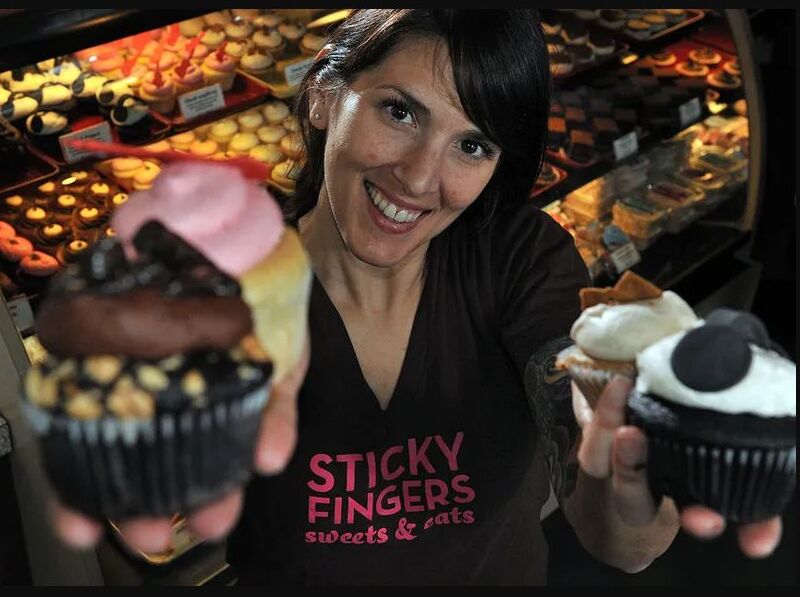
Cupcake Wars
As delightful as it sounds, ‘Cupcake Wars,’ a reality show centered around baking competitions, has faced rumors of its own fakery. Speculations suggest that a significant portion of the competition is scripted, challenging the authenticity of the contestants’ culinary battles. The show’s premise, while sweet in concept, leaves a bitter taste if the competition’s authenticity is compromised.
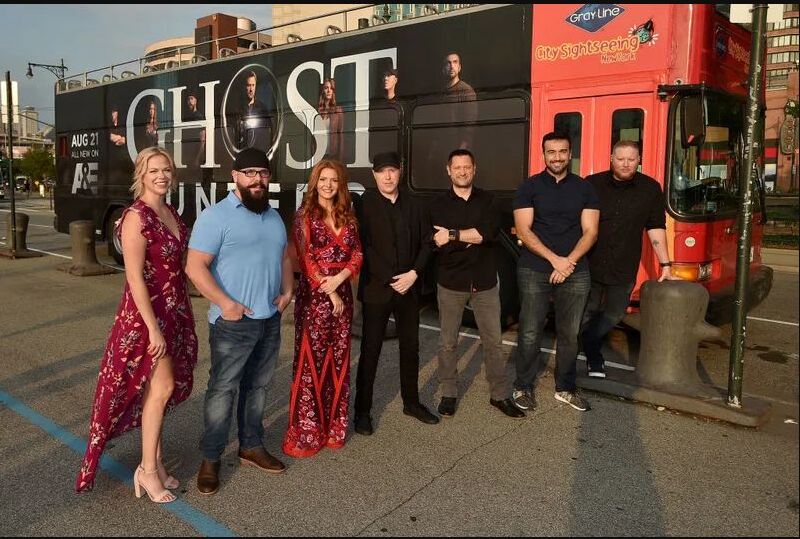
Ghost Hunters
‘Ghost Hunters,’ a reality show exploring paranormal activities, faces accusations of being mostly scripted and lacking realism. While the alternative explanation—that the hosts genuinely believe they encounter ghosts—is equally perplexing, the show’s entertainment value often overshadows concerns about its authenticity. The scripted nature of ghost encounters blurs the line between fiction and supposed reality, making it a ghostly and entertaining yet potentially fabricated experience.
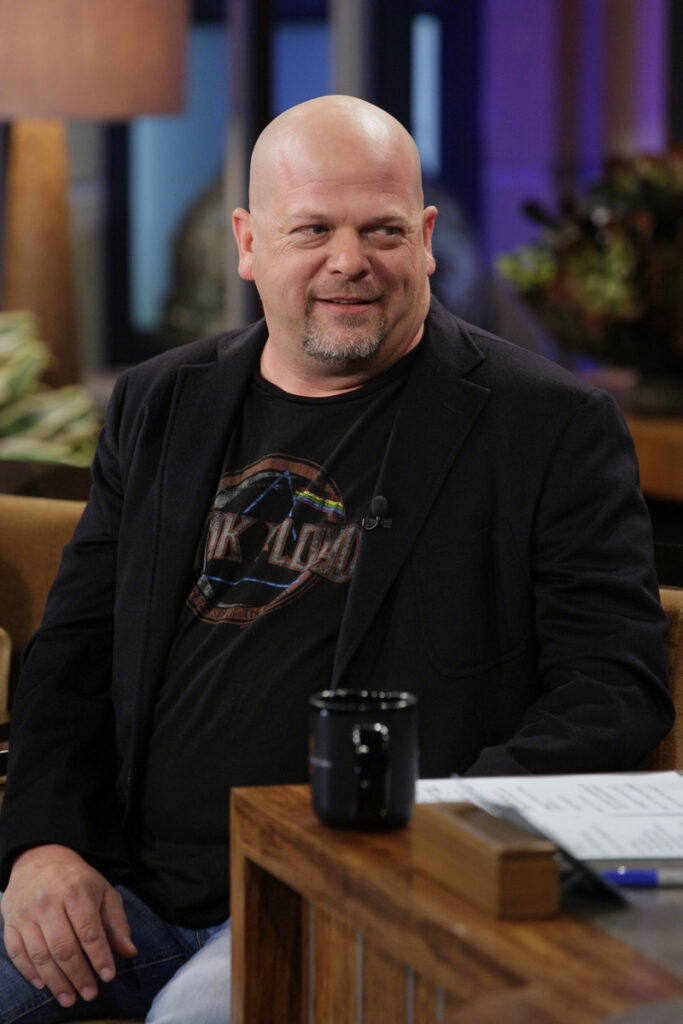
Pawn Stars
Despite its title, ‘Pawn Stars’ has been likened to ‘Acting Stars’ due to the prevalence of scripted scenes. The pawn shop, owned by the Harrison family, primarily serves as a tourist attraction rather than a functional business. Items featured on the show are reportedly researched with predetermined prices, and the stars avoid working the counter off-camera due to privacy laws. The show’s staged transactions and the family’s selective involvement challenge the genuine portrayal of a pawn business, rendering it pawned and fake.
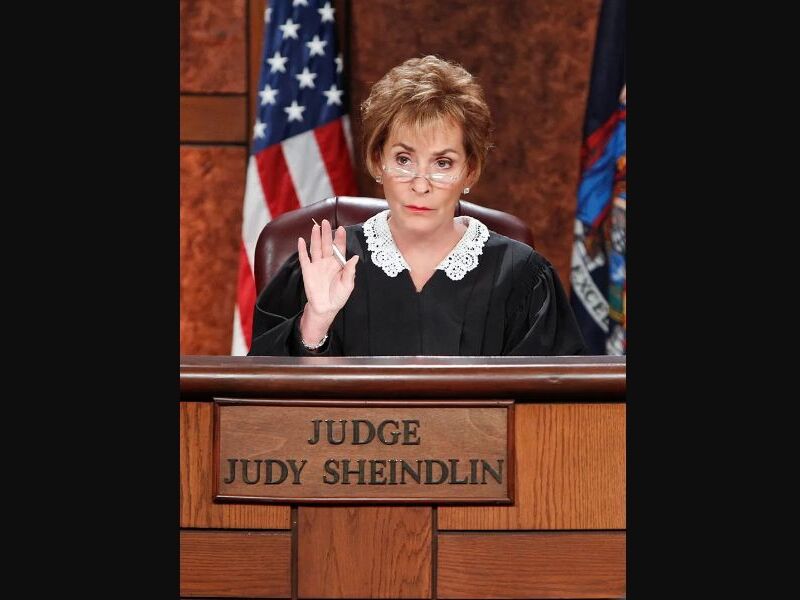
Judge Judy
For over two decades, audiences have been captivated by the strange and cringe-inducing cases presented on ‘Judge Judy,’ turning the no-nonsense judge into a household name. While the cases themselves are real, the surprising truth is that the outcomes are pre-decided before filming begins. Both sides involved in the cases receive payment for their participation, and the court dates, presented as spontaneous legal proceedings, are, in fact, scripted and orchestrated for dramatic effect. The courtroom drama may be entertaining, but the authenticity of the legal process portrayed on the show is compromised by its scripted nature.
Project Runway
‘Project Runway,’ a popular reality show offering a behind-the-scenes look at runway fashion, faced exposure from former participants who unveiled the scripted reality behind the scenes. Designers like Jack Mackenroth and Daniel Esquivel claimed that the show’s scenes are overly sensationalized, presenting a distorted version of the fashion industry. The reality of the creative process is allegedly much less exciting, raising doubts about the authenticity of the showcased challenges and the true nature of the participants’ experiences.
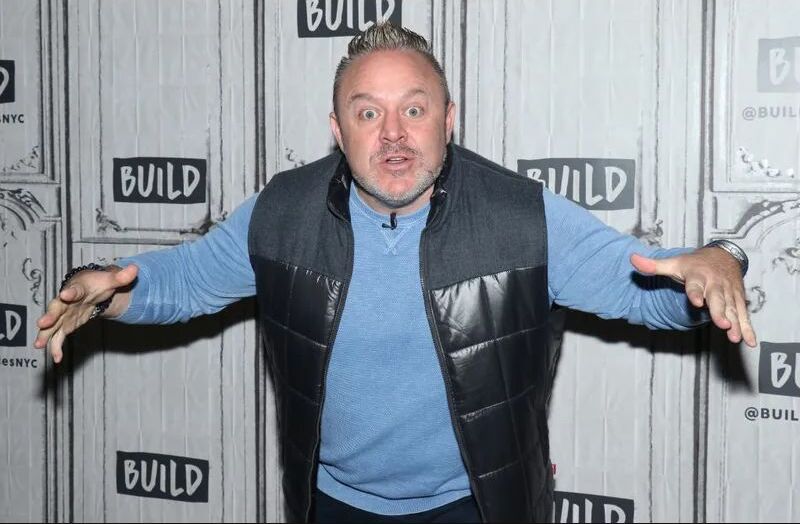
Restaurant Stakeout
‘Restaurant Stakeout’ features Restaurateur Willie Degel attempting to revitalize struggling food establishments by dramatic firings and confrontations with inadequate staff. However, revelations from a participant exposed the show’s staged elements. The studio reportedly contacted individuals, screening for poorly performing employees, and instructed the restaurant staff to act as poorly as possible for heightened drama. The highly dramatic fashion in which the show intervenes in struggling businesses turns out to be horrendously fake, challenging the credibility of the portrayed restaurant rescues.
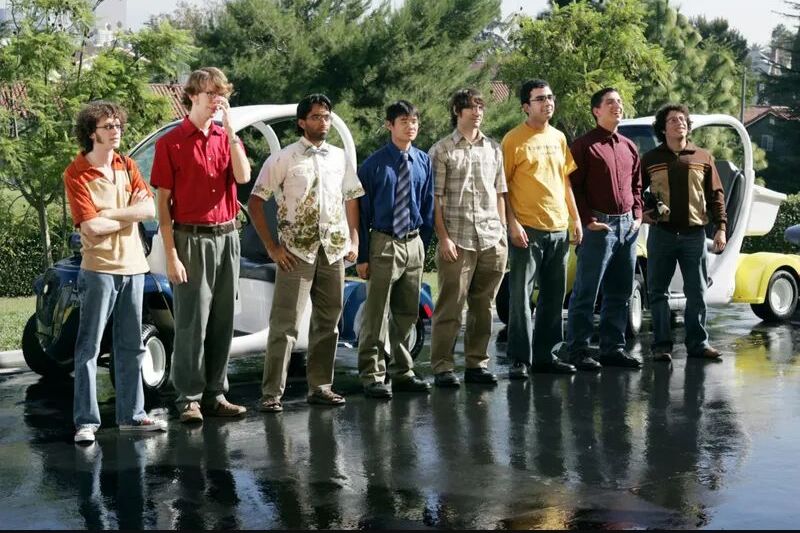
Beauty and the Geek
The simple premise of ‘Beauty and the Geek’ involves pairing beautiful women with self-proclaimed nerdy men in a dating show with a twist. Despite offering hope to video gamers and programmers, the sad truth is that the show was designed to be fake. Many of the geeks were allegedly acting, and some of the women were paid actresses, revealing a significant departure from the genuine romantic connections that the show purported to explore.
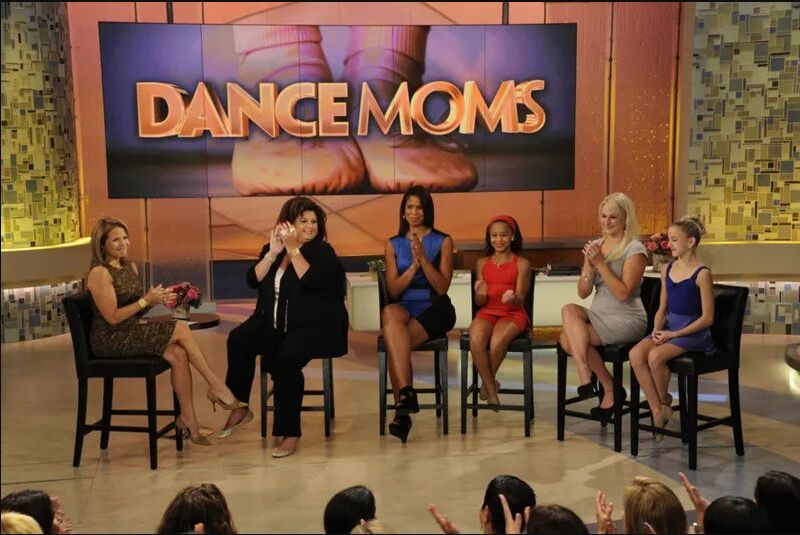
Dance Moms
‘Dance Moms’ thrives on drama and confrontations, a common element in popular reality shows. However, revelations from a past participant, Maddie Ziegler, exposed the production’s manipulation of conflicts. Ziegler claimed that the production orchestrated an environment where everyone was constantly angry, leading moms to set up fake fights and arguments solely for dramatic effect. The seemingly authentic portrayal of the dance world was, in reality, not so motherly and extremely fake.

90 Day Fiance
The morally questionable premise of ’90 Day Fiance,’ where individuals import potential foreign spouses with a tight deadline, faced criticism for potentially staged drama. Participants claimed that producers intentionally fueled conflicts for ratings, raising concerns about the show’s ethical boundaries. The blend of genuine relationships and manufactured drama left viewers questioning the authenticity of the portrayed emotional struggles.

MasterChef USA
Whether it’s ‘MasterChef,’ ‘Hell’s Kitchen,’ or any Gordon Ramsay show, the anticipation often revolves around dramatic interactions. A former participant, Ben Starr, revealed in a blog post that the entire behavior of the cast on ‘MasterChef USA’ is fake and intentionally overdramatized for prime-time television. The culinary competition, while entertaining, loses some credibility as the authenticity of the contestants’ reactions comes into question.

Hell’s Kitchen
One of the most popular cooking shows, ‘Hell’s Kitchen,’ featuring Gordon Ramsey’s intense leadership, is not immune to the scripting trend. While the show presents Ramsey’s fiery interactions with participants as authentic, revelations suggest that much of the show is scripted, and some customers in the restaurant are reportedly paid actors. The blazing intensity may be entertaining, but the scripted elements cast doubt on the genuine challenges faced by the chefs.
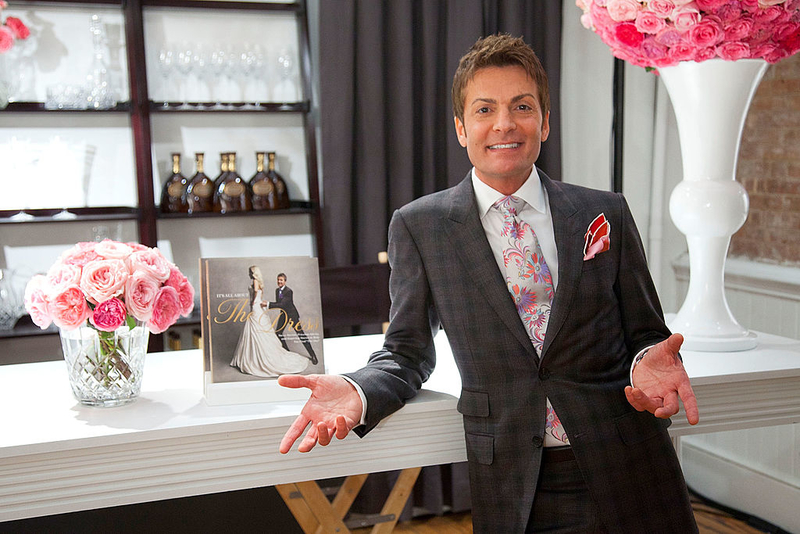
Say Yes to the Dress
‘Say Yes to the Dress’ follows brides in their quest for the perfect wedding dress, portraying emotional moments in bridal boutiques. However, reports from those present on the set suggest that many participant reactions were rehearsed and dramatized. The show’s portrayal of the bridal shopping experience is criticized for exaggerating the size and popularity of the featured boutiques, presenting an extravagant yet potentially fake reality.
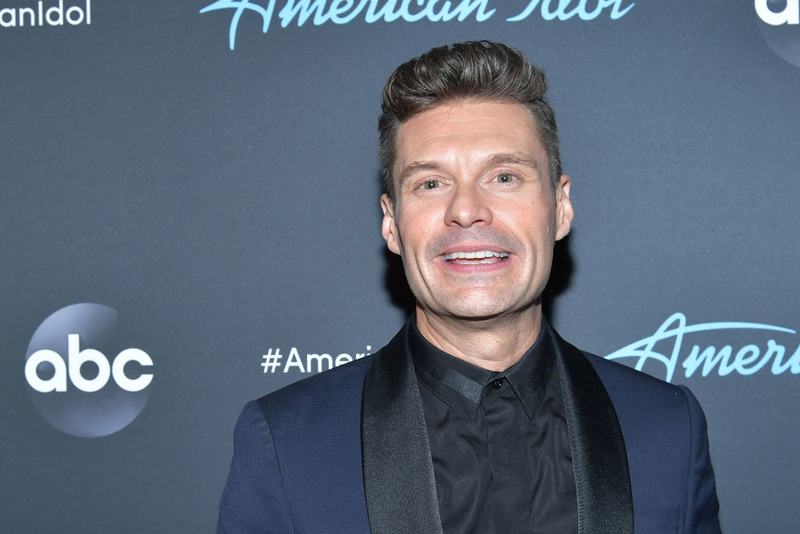
American Idol
‘American Idol,’ a pioneer in reality audition TV shows, faced accusations of selectively showcasing talent. Reports suggested that talent scouts were sent to ensure a few winners, while the rest of the time featured deliberately chosen participants known to be flops. The mix of genuine talent and intentionally featured failed performances challenged the show’s credibility as a true talent competition.
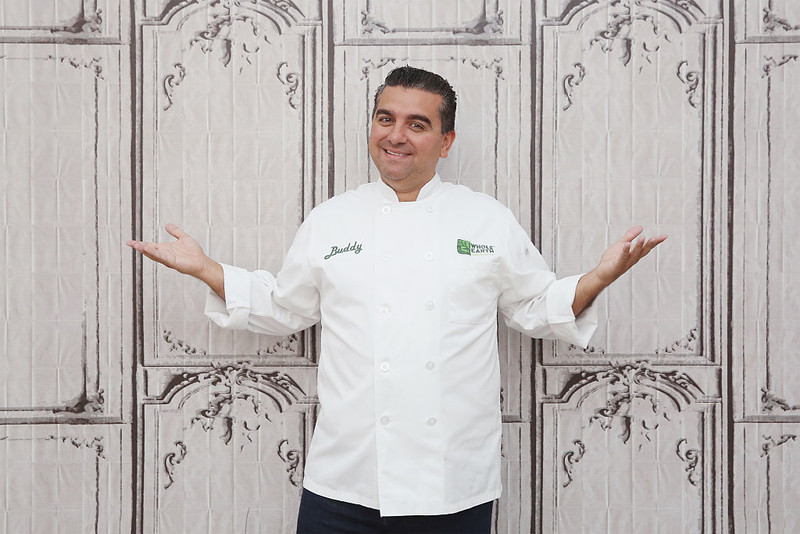
Cake Boss
The popularity of reality cooking shows extended to ‘Cake Boss,’ a show focusing on cakes. However, the drama and controversies depicted in the show, involving the store’s owner Valastro, were accused of exaggeration. Reports suggested that Valastro rarely worked in his shop when not filming, and some of the showcased weddings were labeled as fake. The sweet world of cake creations, while sugar-coated, faced scrutiny for its scripted nature.
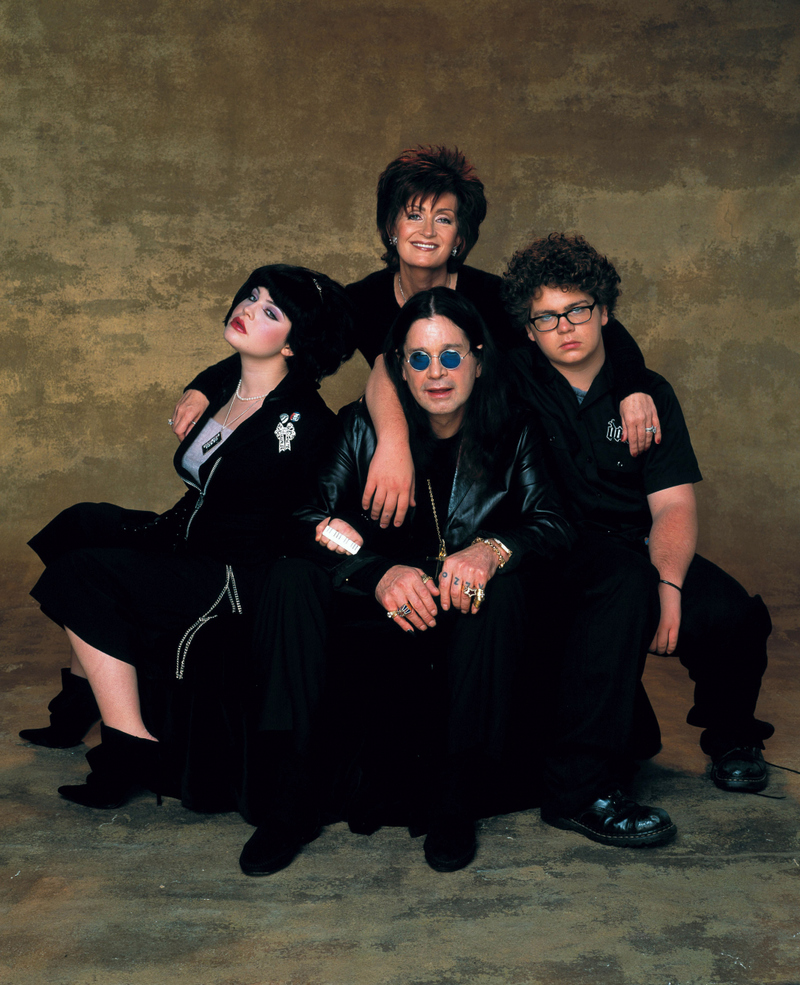
The Osbournes
‘The Osbournes,’ one of the first reality shows following a family, offered a glimpse into the chaotic lives of the Osbourne family. While the events portrayed seemed genuine, later revelations exposed that most of the show’s occurrences were scripted. The family allegedly brainstormed crazy ideas before each episode, blurring the line between reality and scripted entertainment.
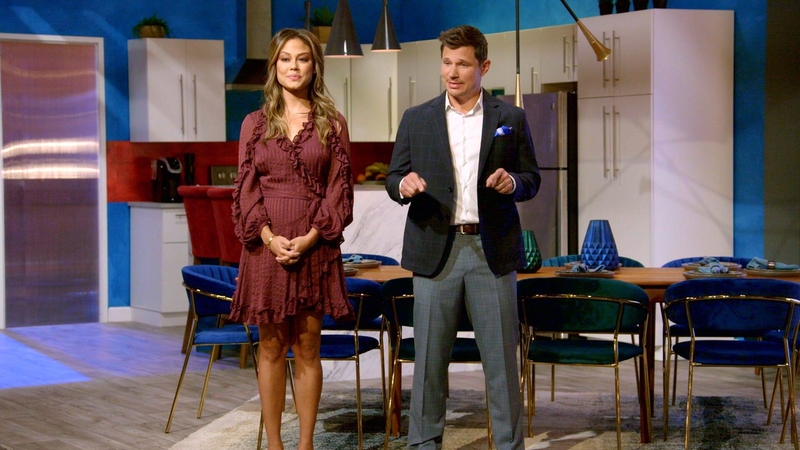
Love Is Blind
“Love Is Blind,” a captivating show with an unconventional premise, was not entirely free from fakery. Season 1 contestants disclosed that they were allowed to discuss their refusal of a marriage proposal before the actual ceremony. Despite this, the surprised reactions during the proposal ceremony added an element of fakery, questioning the sincerity of the romantic connections explored on the show.

Too Hot to Handle
“Too Hot to Handle” lives up to its name by featuring attractive contestants in a steamy reality setting. Despite the enjoyment it brings, a contestant revealed that while production didn’t explicitly dictate actions or words, they subtly influenced decisions to enhance drama. The realness came into play when participants were forbidden any form of sensual satisfaction, adding a unique twist to the reality dating show.
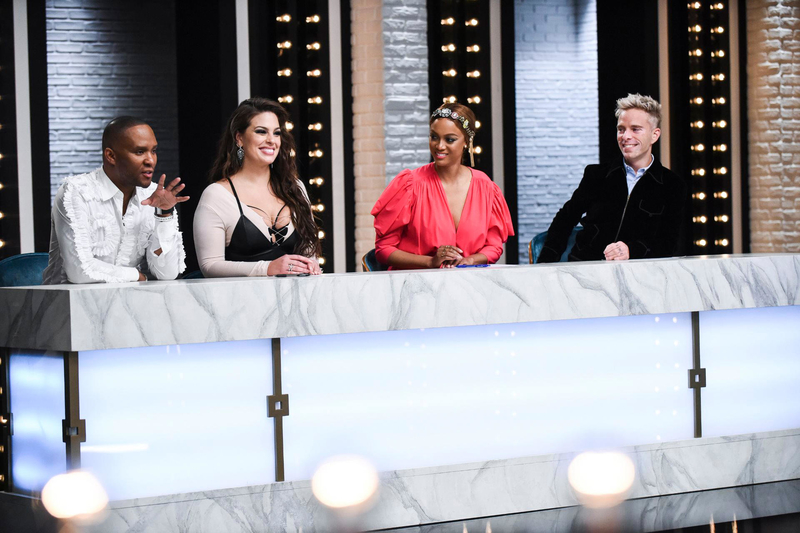
America’s Next Top Model
“America’s Next Top Model” enjoyed prolonged success, but behind the scenes, the show’s credibility took a hit. Winners weren’t necessarily chosen based on performance or judge decisions; instead, Cover Girl had the final say. Many models shared that the show was a challenging experience, with being a Top Model alum making it harder to secure modeling jobs. The popular show’s backstage realities painted a less glamorous picture than its on-screen portrayal.
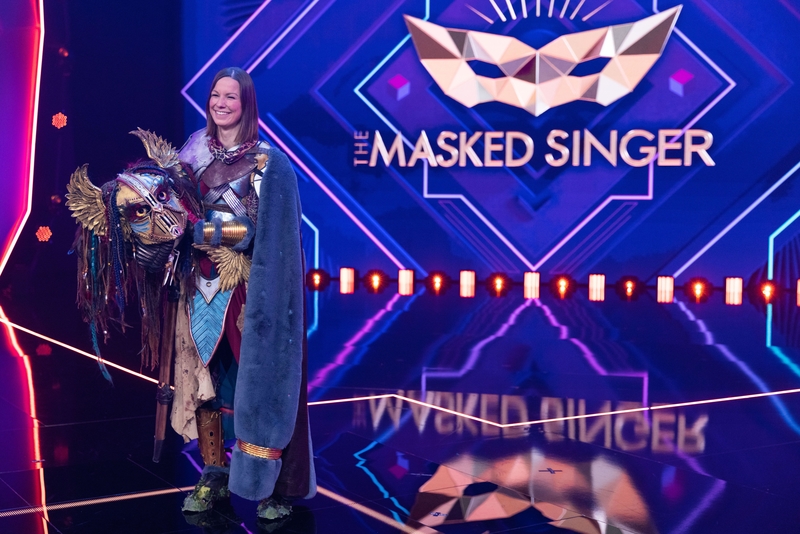
The Masked Singer
While “The Masked Singer” showcased incredible talents, the real focus wasn’t on skill but on viewer connection. Production reportedly influenced eliminations based on audience connections rather than performance. Judges intentionally avoided correct guesses, and the show hid the absence of a live audience until season 4, revealing a curated reality that diverged from the presented spontaneity.
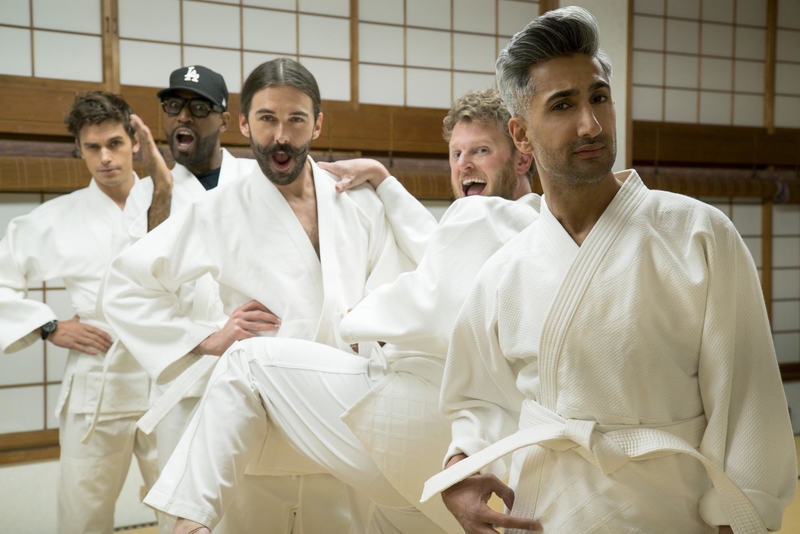
Queer Eye
The reboot of “Queer Eye” injected positivity, but authenticity took a hit behind the scenes. Home renovations heavily sponsored by Ikea, with blueprints pre-received by the responsible designer, challenged the notion of spontaneous transformations. Contrary to the show’s depiction of shared living, each member likely had individual accommodations, adding a touch of scripted glamour to the fab five’s camaraderie.
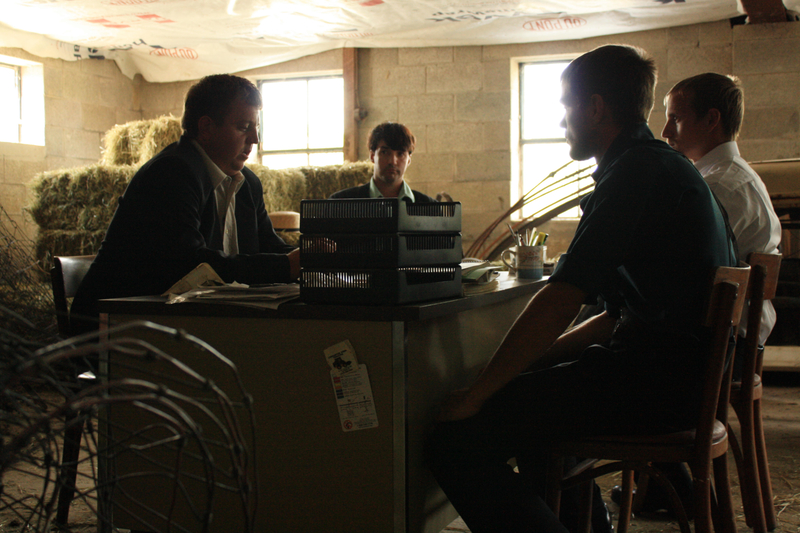
Amish Mafia
“Amish Mafia” promised a unique look at the Amish community, but the reality was far from authentic. Police confirmed there was no Amish Mafia, and many characters on the show weren’t Amish. Scenes were staged by the production team, emphasizing that reality doesn’t necessarily translate into compelling reality TV.
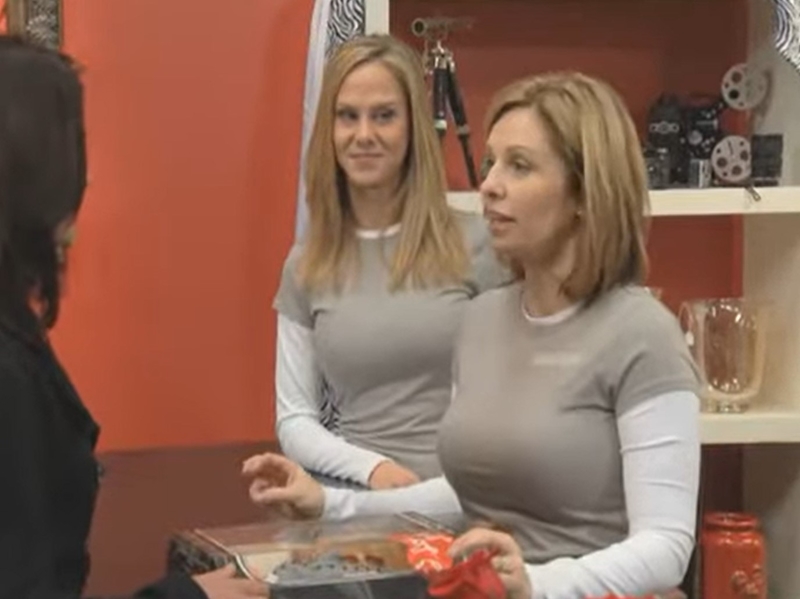
Pawn Queens
The reality of “Pawn Queens,” centered around women operating a pawn shop, unraveled when a participant confessed anonymously. Hired without pawn experience, she received a fabricated backstory and coaching on how to behave. The staged narratives behind the scenes exposed a stark contrast to the show’s purported reality.
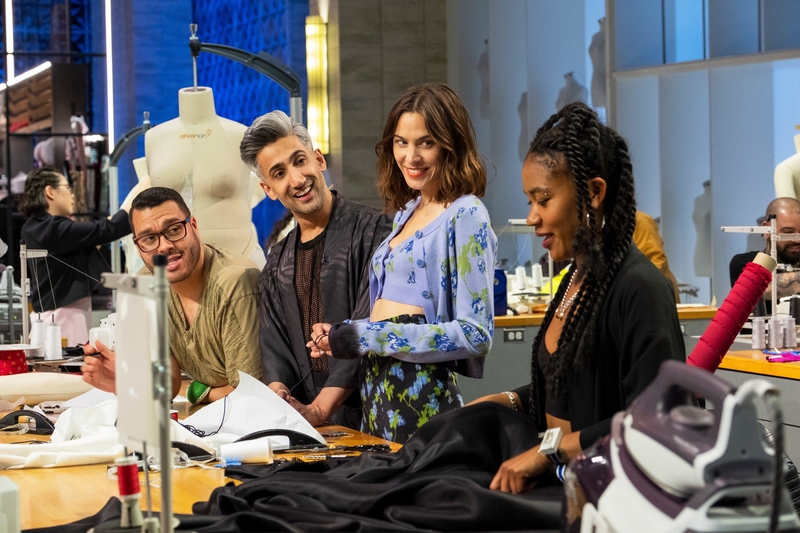
Next in Fashion
Netflix’s “Next in Fashion,” akin to “Project Runway,” brought competition to the forefront with Tan France as a host. However, the show’s winner selection raised eyebrows, suggesting outcomes were influenced more by production preferences than participants’ actual performance. The quirky world of fashion competitions unveiled a curated reality that deviated from merit-based judging.
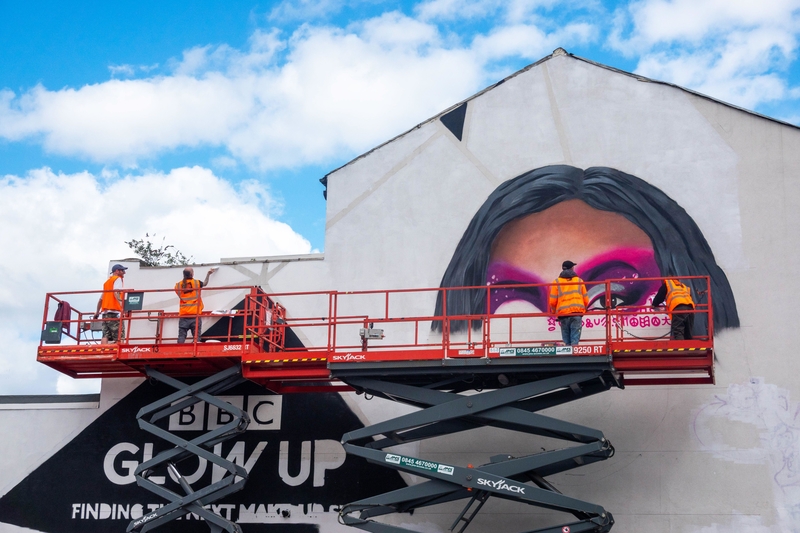
Glow Up
“Glow Up” elevated makeup artists but faced criticism for unclear judging criteria. Viewers felt the judges lacked objective feedback, leaving aspiring artists perplexed about their performance. While the show maintained a drama-free environment, the subjective nature of critiques blurred the lines between constructive feedback and the production’s desired outcomes.
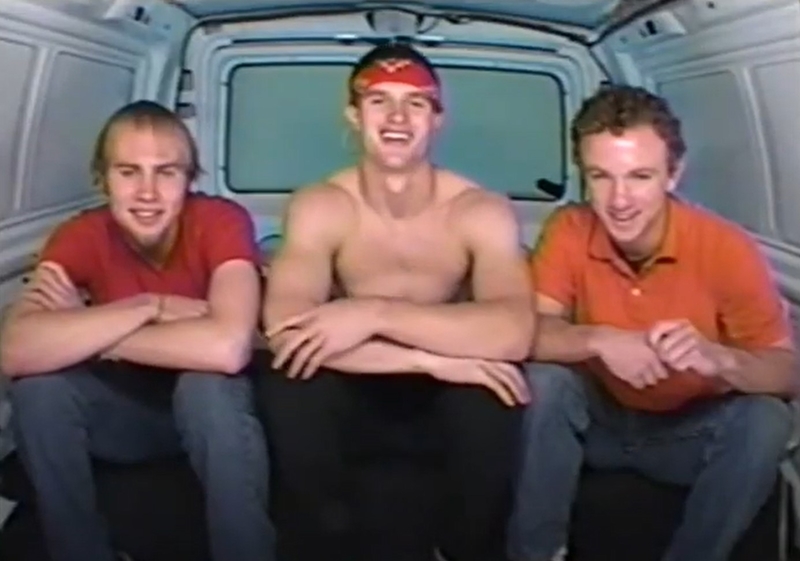
Room Raiders
MTV’s early 00’s reality show “Room Raiders” was a wild ride with crazy concepts. However, a producer spilled the beans, revealing that participants had no clue about the show they were joining. While viewers saw real rooms, participants were instructed to remove specific items before the crew arrived, stripping away the element of genuine surprise. Personal photos and even nudes were often targeted for removal, creating a scripted narrative for the sake of entertainment.
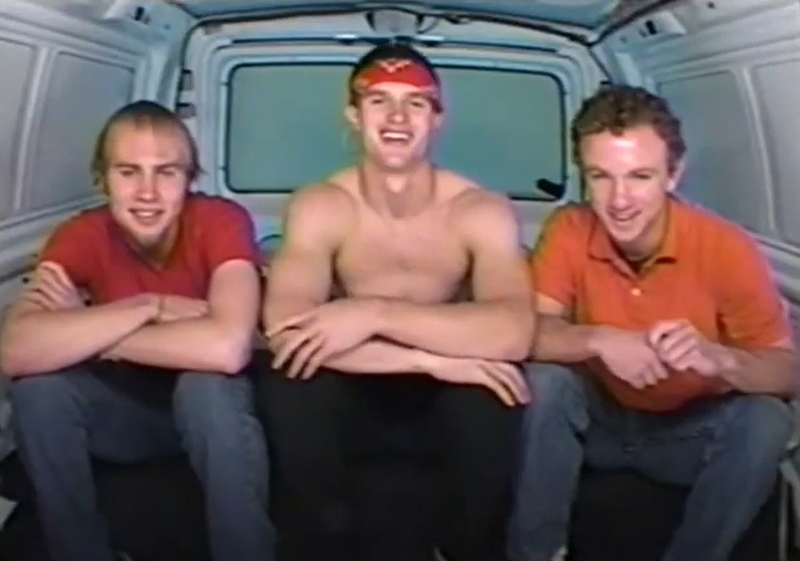
MTV’s Made
The nostalgia-inducing “Made” on MTV showcased students striving to improve with the help of personal coaches. Participants from the early 00’s era shared that the show’s team seemed to preconceive storylines before filming, and some even claimed they were coerced into fake crushes for dramatic effect. The behind-the-scenes revelations hinted at a less spontaneous and more orchestrated reality.
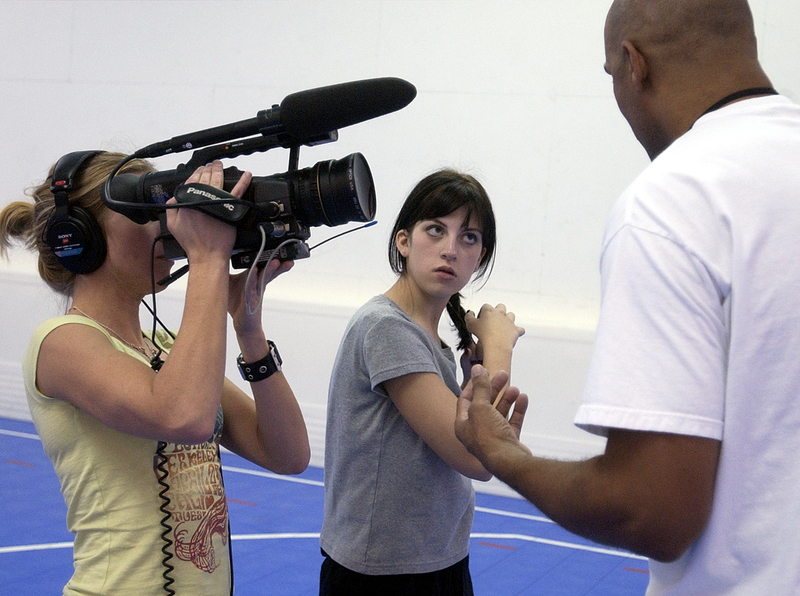
Selling Sunset
Netflix’s hit “Selling Sunset” brought us into the world of real estate drama. Created by the minds behind “Laguna Beach” and “The Hills,” the show’s characters were real, but the scenes were likely staged or shot multiple times for heightened drama. The line between reality and scripted entertainment blurred as the glossy, high-stakes real estate world played out on screen.
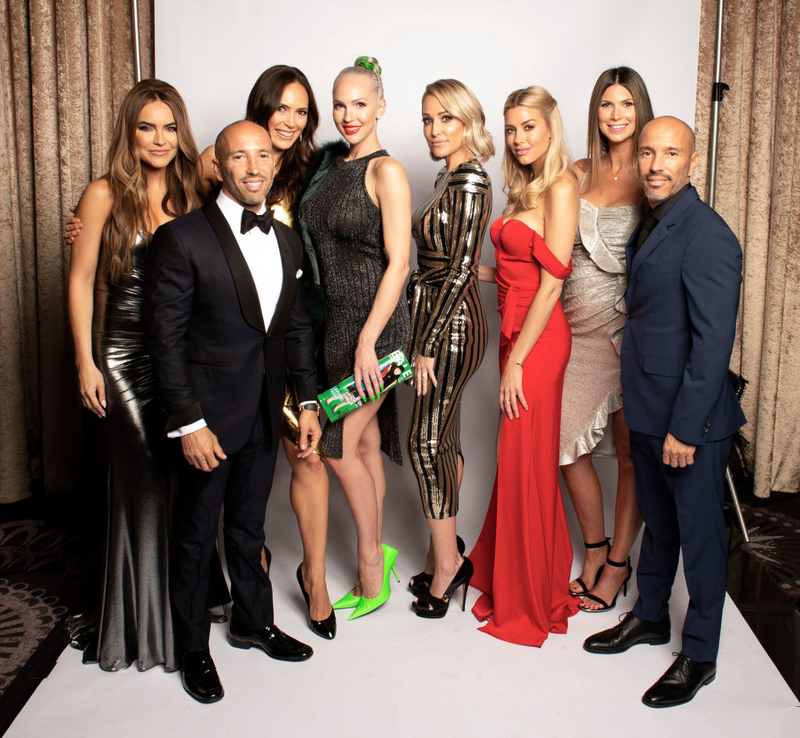
Face-off
The special effects makeup show “Face-off” unveiled the secrets behind creating iconic characters, but a former artist claimed the game was rigged. Allegations surfaced that winners were predetermined before each season, leading to questions about the show’s fairness. The artist’s documentary suggested a rigged competition, leaving viewers to ponder whether the claims were genuine or rooted in disappointment.
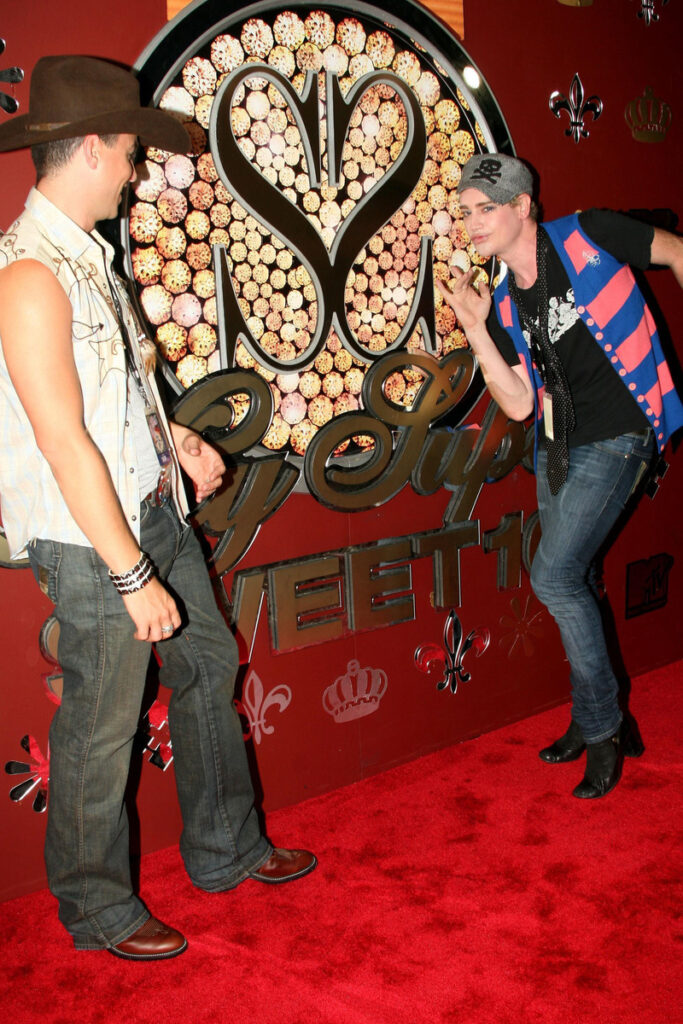
Super Sweet 16
MTV’s classic reality hit “Super Sweet 16” showcased affluent high schoolers celebrating their 16th birthdays extravagantly. However, rumors circulated that the production injected drama by having uninvited guests show up. Reports also hinted that the fancy cars showcased on the show might have been more a product of production magic than actual gifts, adding a layer of artifice to the extravagant celebrations.
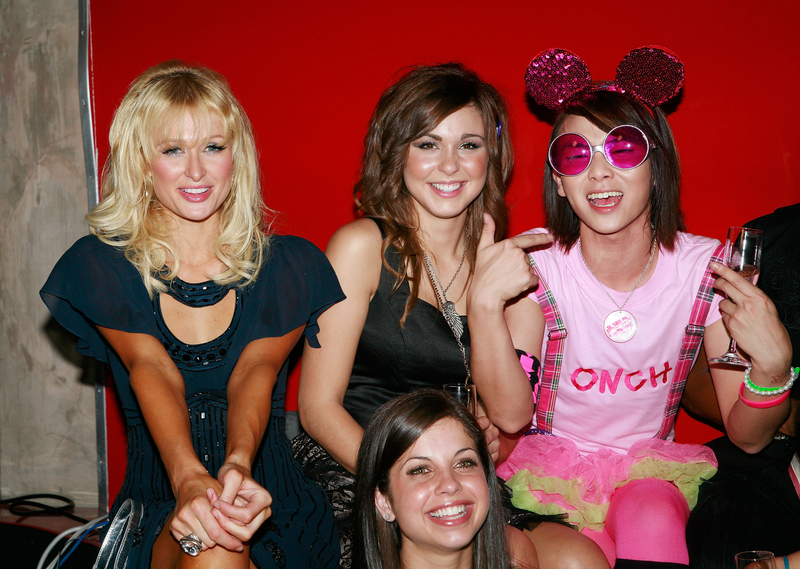
Paris Hilton’s My New BFF
The reality show “Paris Hilton’s My New BFF” played on the idea of choosing a best friend through a reality competition. However, the title itself hinted at the show’s fakeness. Paris Hilton’s lack of continued connection with the first-season winner, Brittany Flickinger, raised suspicions about the authenticity of the friendships formed on the show, questioning the genuine nature of the relationships.
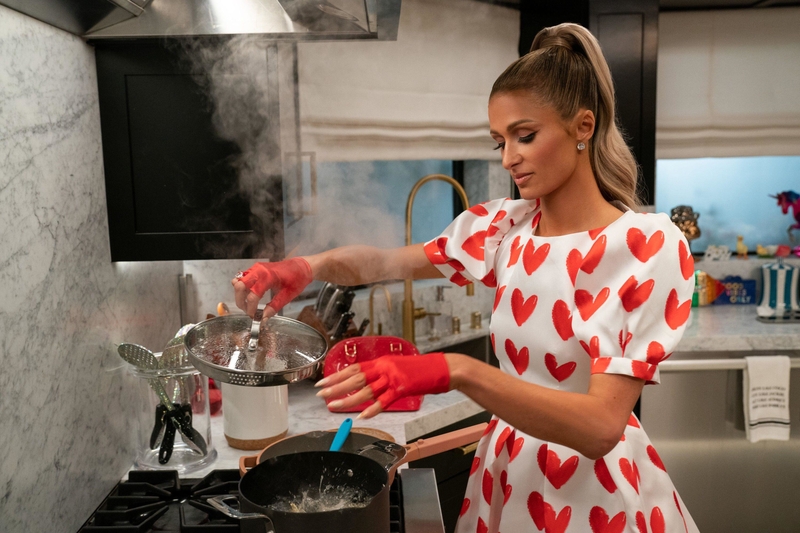
Cooking With Paris
Paris Hilton’s foray into cooking, “Cooking With Paris,” seemed to capitalize on her persona. Former participants suggested that Hilton exaggerated her self-obsessed blonde character for entertainment. Contrasting with her real self portrayed in the 2020 documentary “This Is Paris,” the show highlighted the disparity between the scripted persona and the authentic personality behind the scenes.
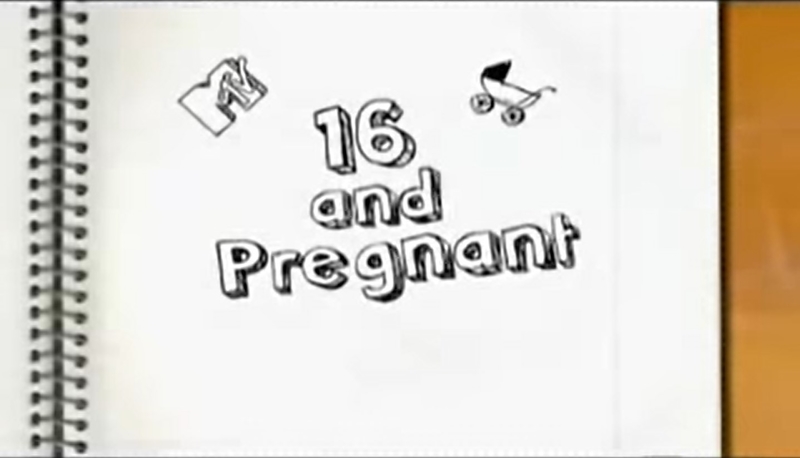
16 and Pregnant
“16 and Pregnant” followed the lives of pregnant teenagers, depicting moments of revelation to close ones. However, reports surfaced suggesting that some scenes were staged, particularly the moments when teenagers shared their pregnancies. The show’s attempt to capture real events may have been intertwined with scripted elements for added dramatic effect.
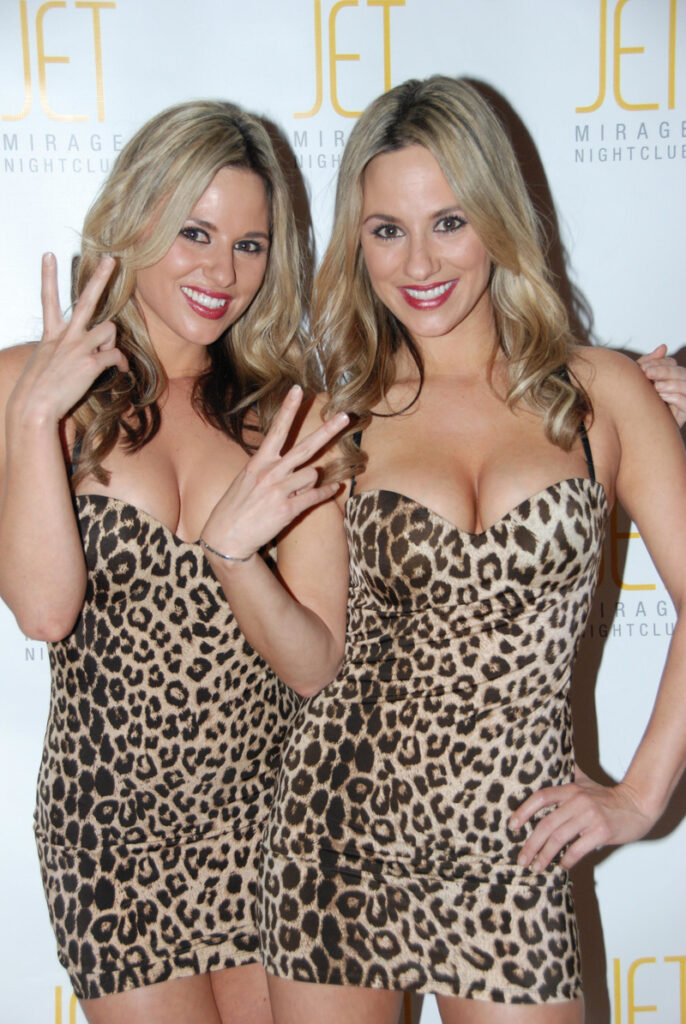
Double Shot at Love With the Ikki Twins
The mystery around the Ikki Twins in “Double Shot at Love” unraveled as former participants labeled much of the show as fake. From the perspective of a reality dating show, the revelation didn’t come as a shock. Allegations of fakeness permeated various aspects, leaving the authenticity of the show’s romantic endeavors in question.
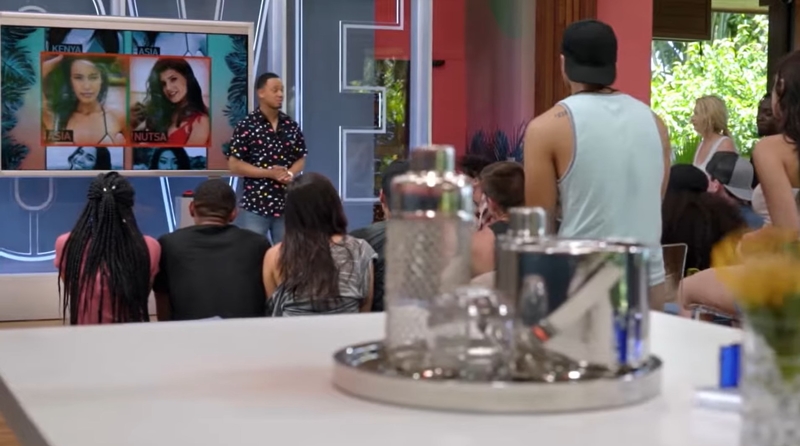
Are You the One?
“Are You the One?” puts a twist on typical reality dating shows by telling participants that their perfect match is already in the house. The catch: everyone has to figure out who their match is to win a million dollars. Despite producers claiming a scientific approach to matchmaking, some “perfect” pairs seem mismatched, suggesting a focus on casting individuals over genuine compatibility. The show adds an element of intrigue to the traditional dating format, even if the matches don’t always make sense.
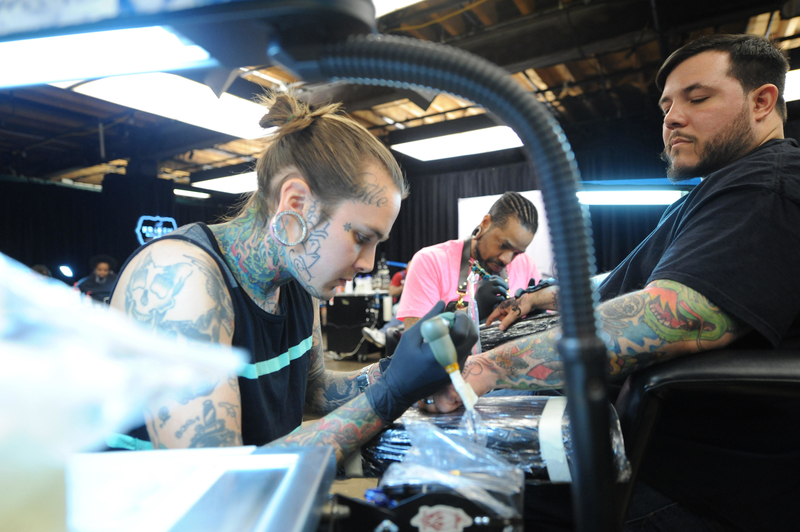
Ink Master
“Ink Master” was groundbreaking for bringing tattoos into mainstream culture. Contestants revealed that while the show isn’t scripted, they were prompted to discuss topics they might not naturally bring up. The heavily edited nature of the show often shaped how individuals were portrayed. Considering the intricate art of tattooing, the fast-paced competition on the show may not truly capture the essence of creating meaningful tattoos.
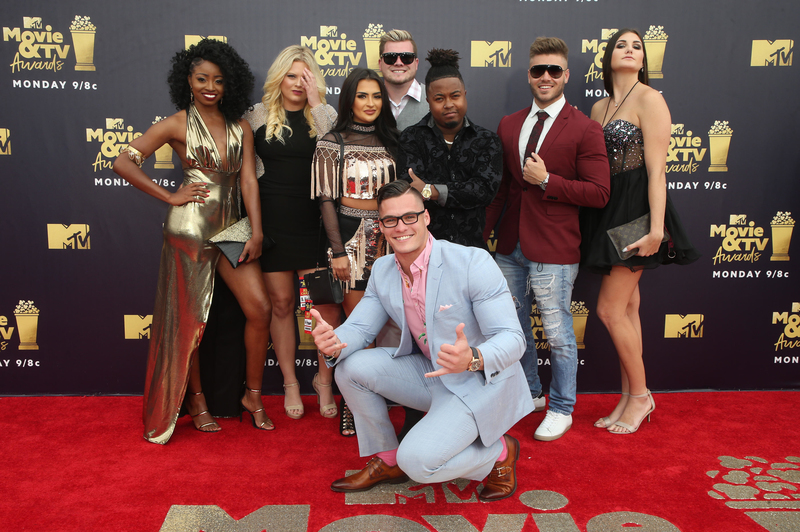
Floribama Shore
The “Jersey Shore” reboot, “Floribama Shore,” mirrors its predecessor in fakeness. While the cast appears similar, different members speak lines fed by producers. The lack of acting prowess among cast members makes it evident when scripted lines replace natural interactions, blurring the lines between reality and manufactured drama.
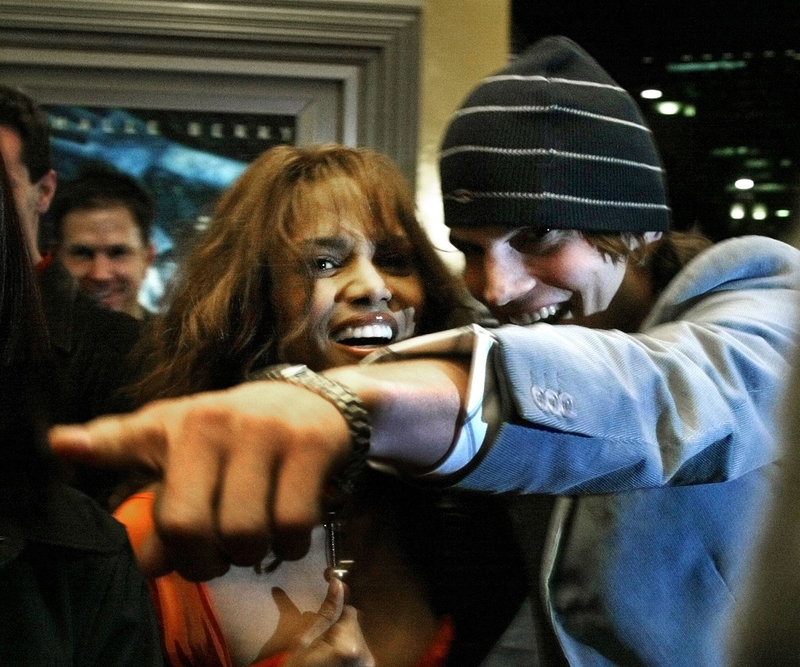
Punk’d
Ashton Kutcher’s classic prank show, “Punk’d,” played with celebrities’ reactions to fake scenarios. While celebrities experienced seemingly genuine situations, some were aware they were being pranked, influencing their reactions. The show highlighted the entertainment industry’s ability to orchestrate elaborate pranks, showcasing a mix of authentic and scripted moments.
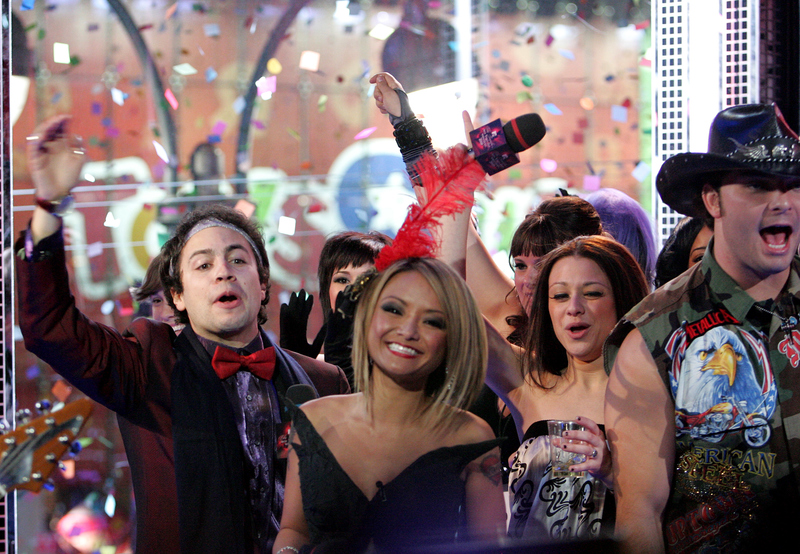
A Shot at Love With Tila Tequila
The reality show featuring Tila Tequila had a title that hinted at fakeness. A season one winner claimed to have never communicated with Tila post-show, raising doubts about the authenticity of the show’s romantic connections. Allegations surfaced that Tila may not have been genuinely attracted to men, questioning the sincerity of the entire competition.
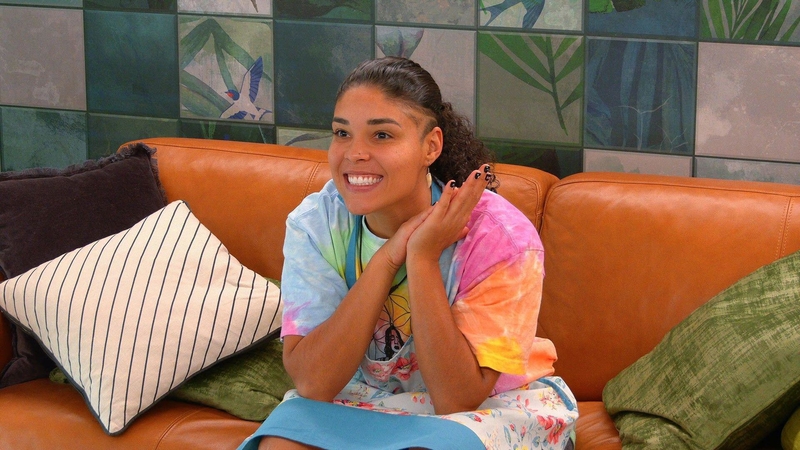
The Circle
Netflix’s “The Circle” explores social media dynamics, with players communicating solely through chat in separate apartments. The show’s use of Chicago footage misleads viewers about its actual shooting location in England. While the social media concept adds intrigue, the faux Chicago setting adds a layer of artificiality to the seemingly authentic interactions.
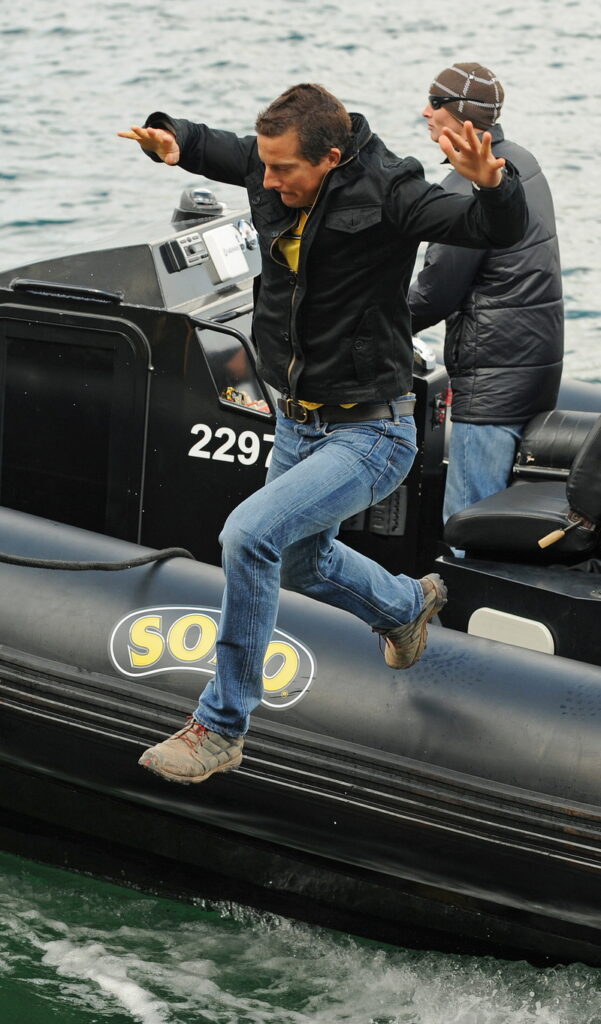
Man Vs Wild
Bear Grylls’ survival show, “Man Vs Wild,” showcases wilderness survival skills. However, Grylls receives support from the production, revealing that survival isn’t entirely unassisted. The acknowledgment that Grylls and the crew receive support in potentially life-threatening situations raises questions about the authenticity of the challenges.
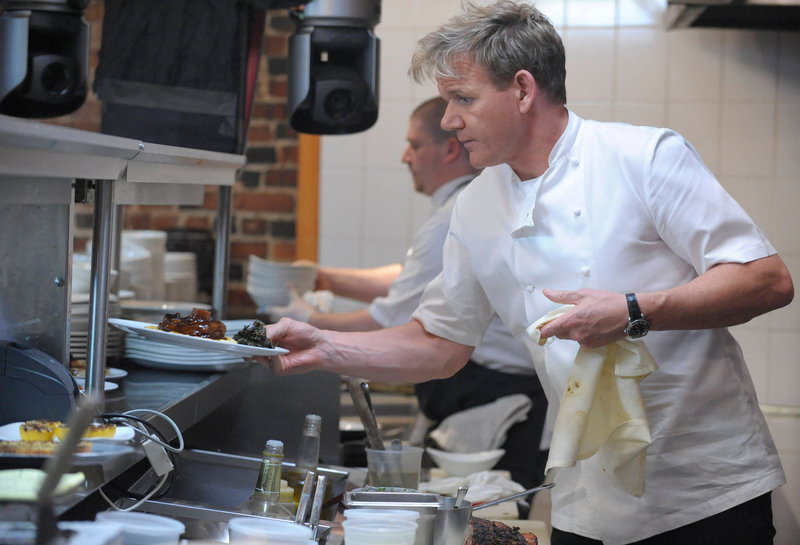
Kitchen Nightmares
“Kitchen Nightmares” provides entertainment with its portrayal of struggling restaurants. Gordon Ramsay’s on-screen anger appears tailored for the camera, prompting speculation about its authenticity. Rumors circulate that some kitchen staff on the show are hired actors, blurring the line between genuine restaurant struggles and staged drama.
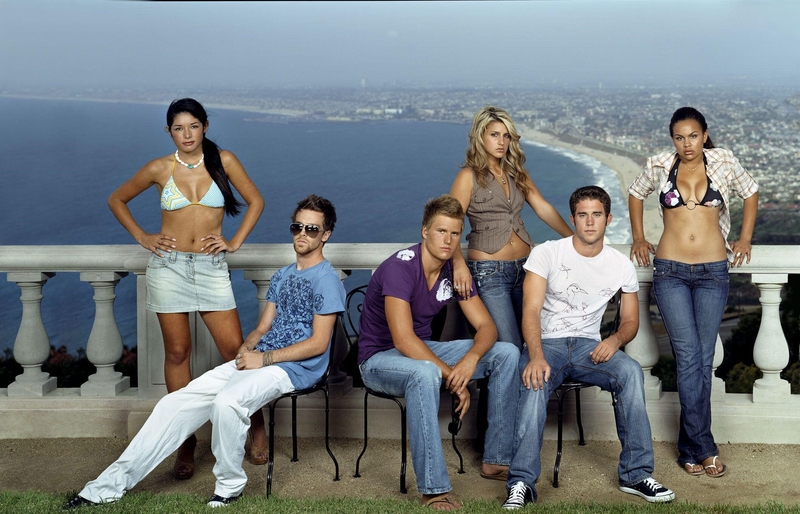
Laguna Beach
“Laguna Beach” blended reality and fiction, featuring real friends with moments heavily produced and edited. While not directly scripting actions, the show selectively portrayed characters based on their behavior. The emphasis on creating engaging narratives meant that softer or kinder moments often didn’t make the final cut, shaping perceptions of the cast members.
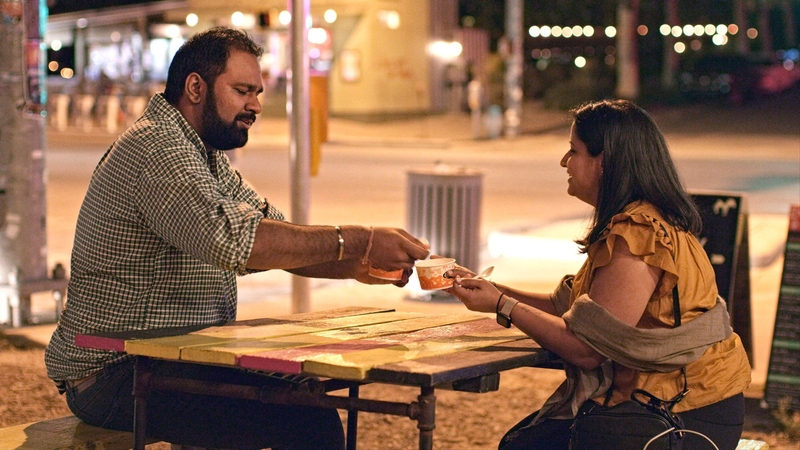
Indian Matchmaking
Netflix’s “Indian Matchmaking” follows a matchmaker helping people find love, but participant experiences varied. One felt misrepresented, claiming the show portrayed him as the bad guy when, in reality, he was ghosted. The discrepancy raises concerns about the show’s editing and storytelling choices, emphasizing entertainment over an accurate portrayal.
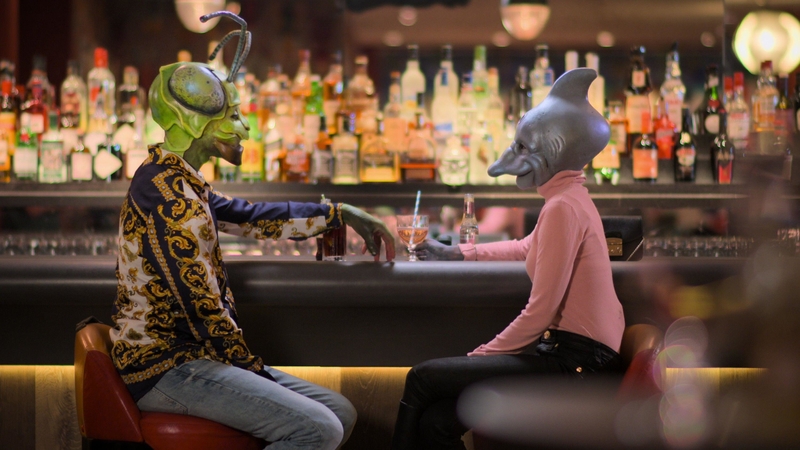
Sexy Beasts
Originally a British show, “Sexy Beasts” returned in 2021 with a quirky concept: daters wear special effects masks. While the final decisions may reflect genuine choices, other aspects of the show’s presentation are likely orchestrated. The anonymity provided by masks adds an unconventional twist, but the show’s authenticity remains questionable.
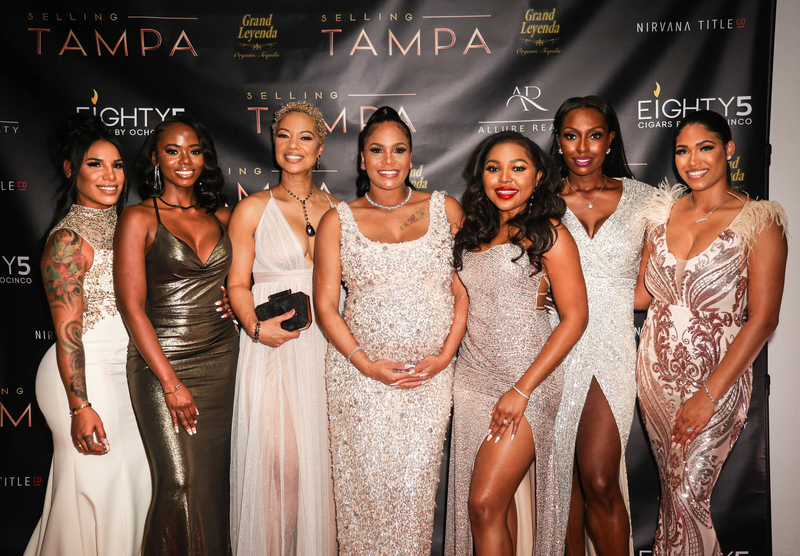
Selling Tampa
“Selling Tampa” offers compelling TV, but its realism is questionable. While events are likely real, the drama may be exaggerated during editing. The fine line between scripted and unscripted content challenges the authenticity of the show, leaving viewers to navigate between reality and entertainment.
